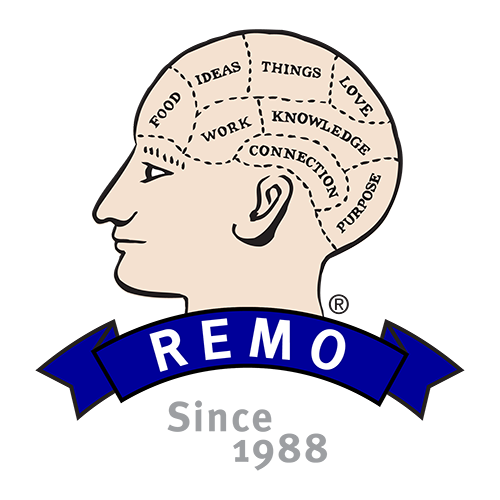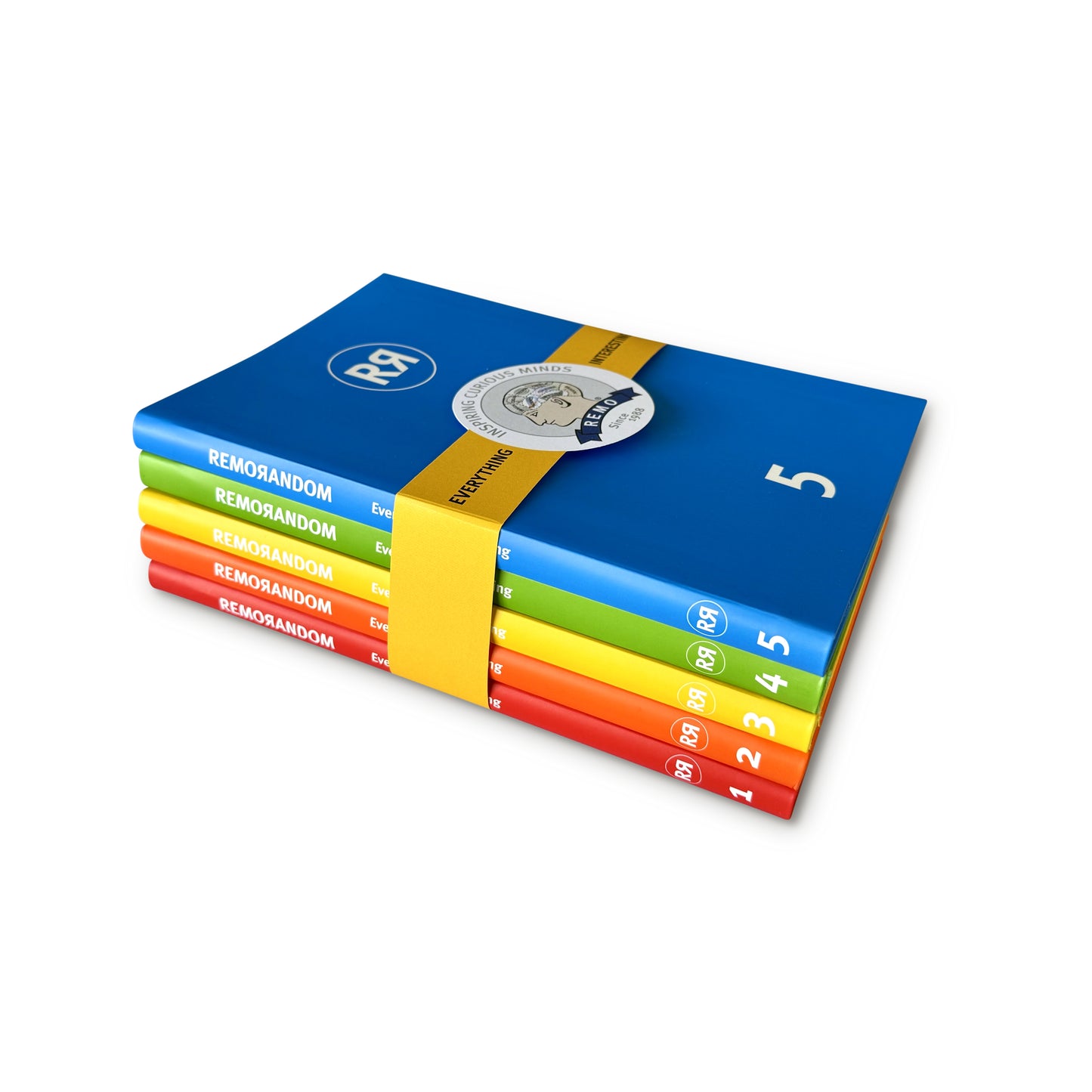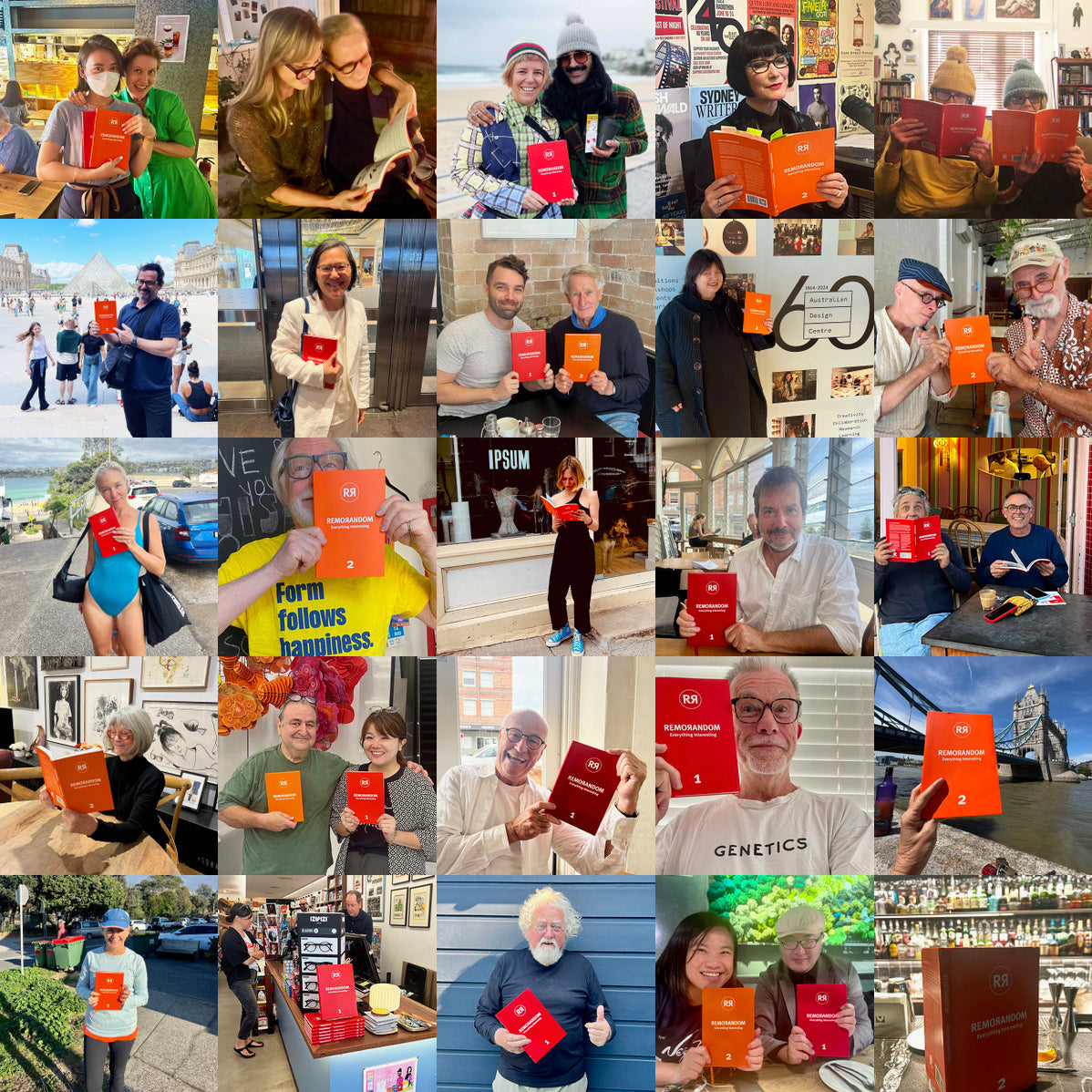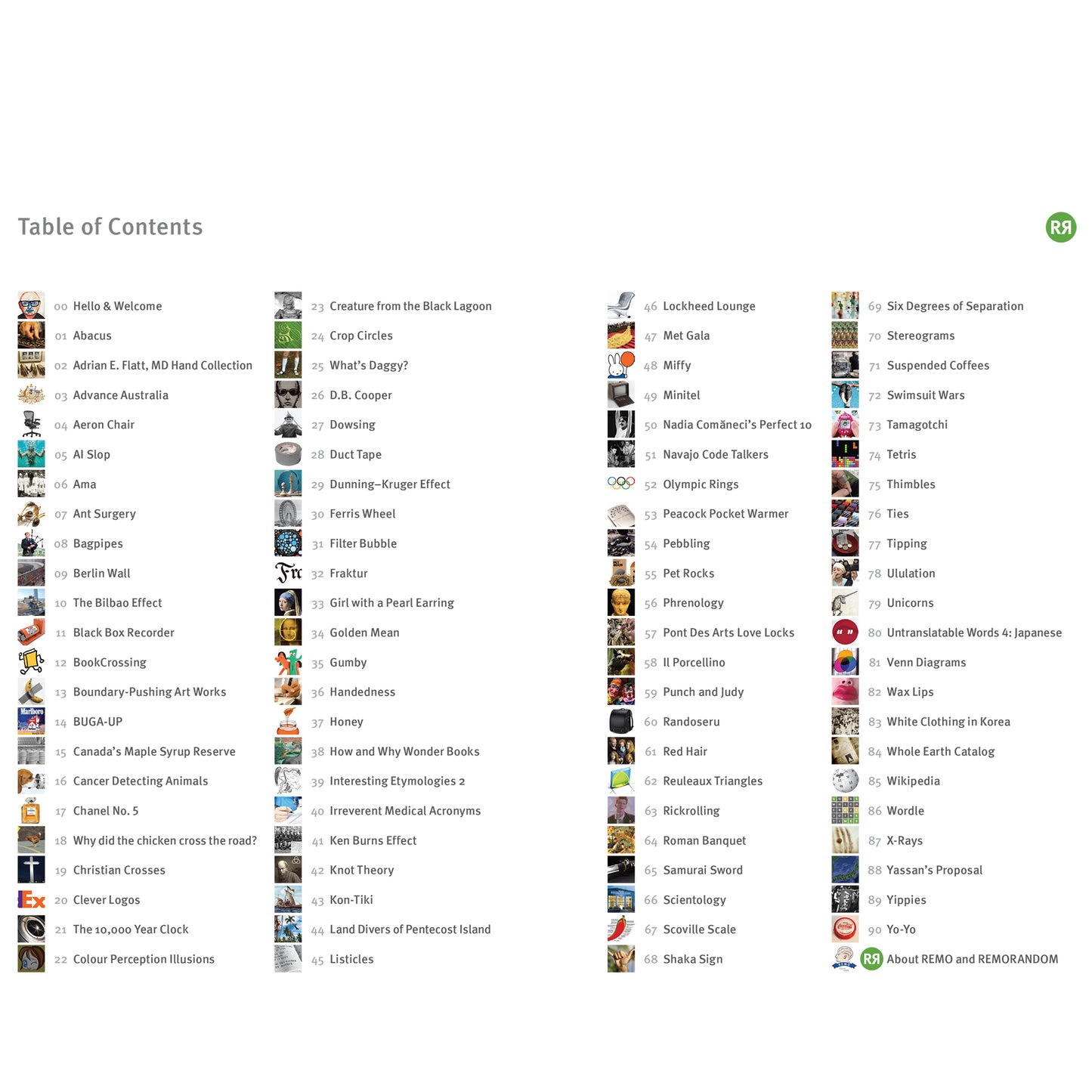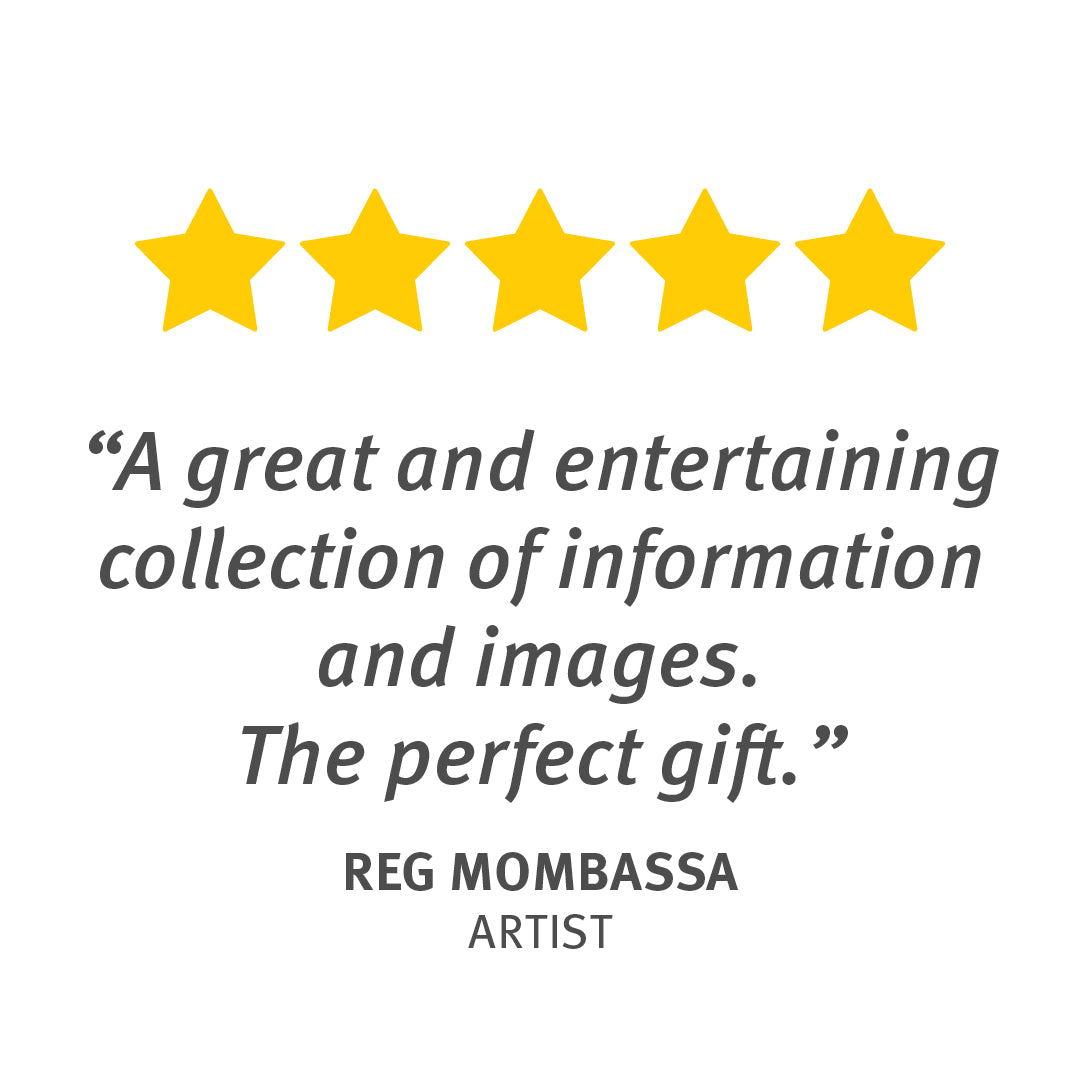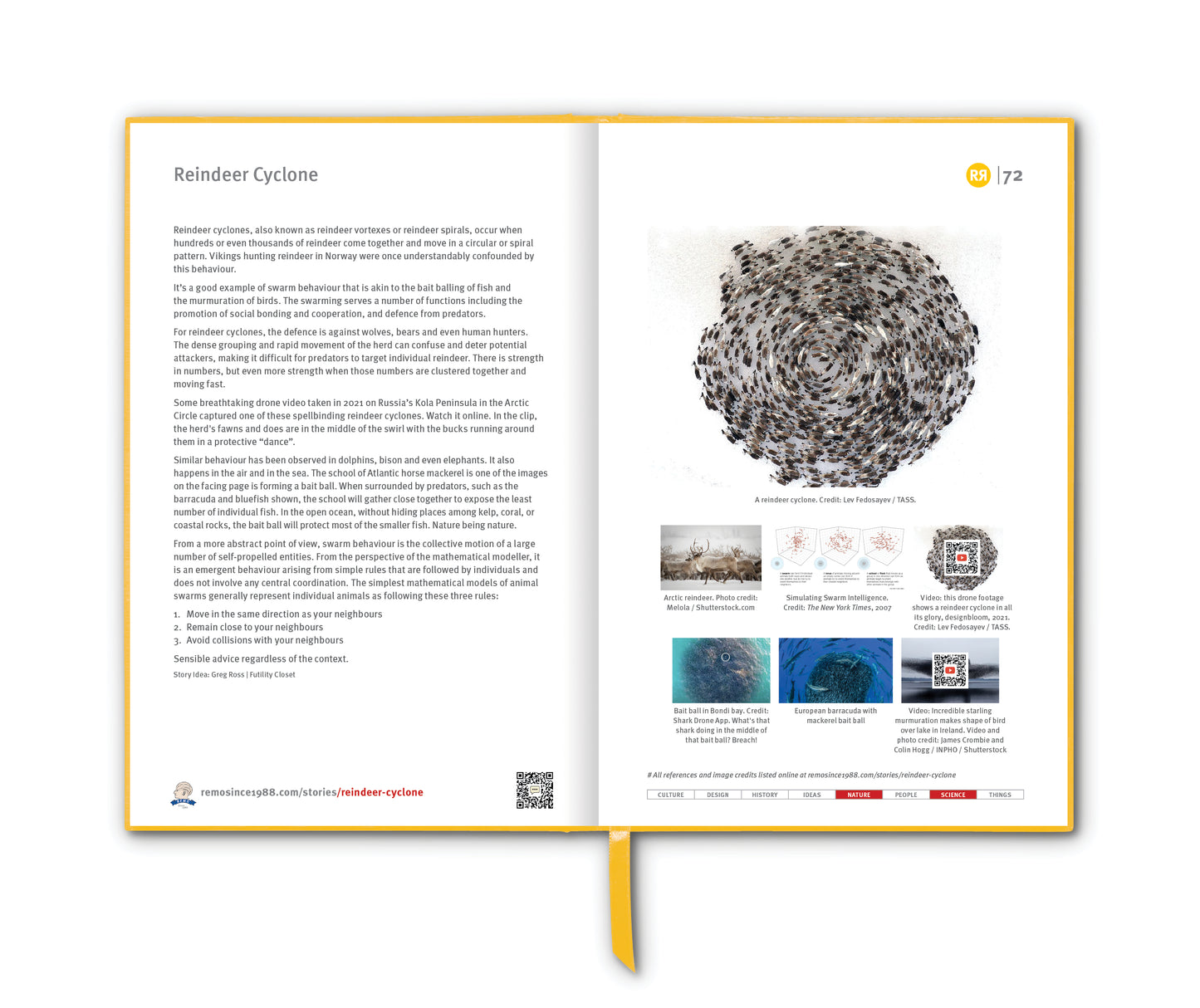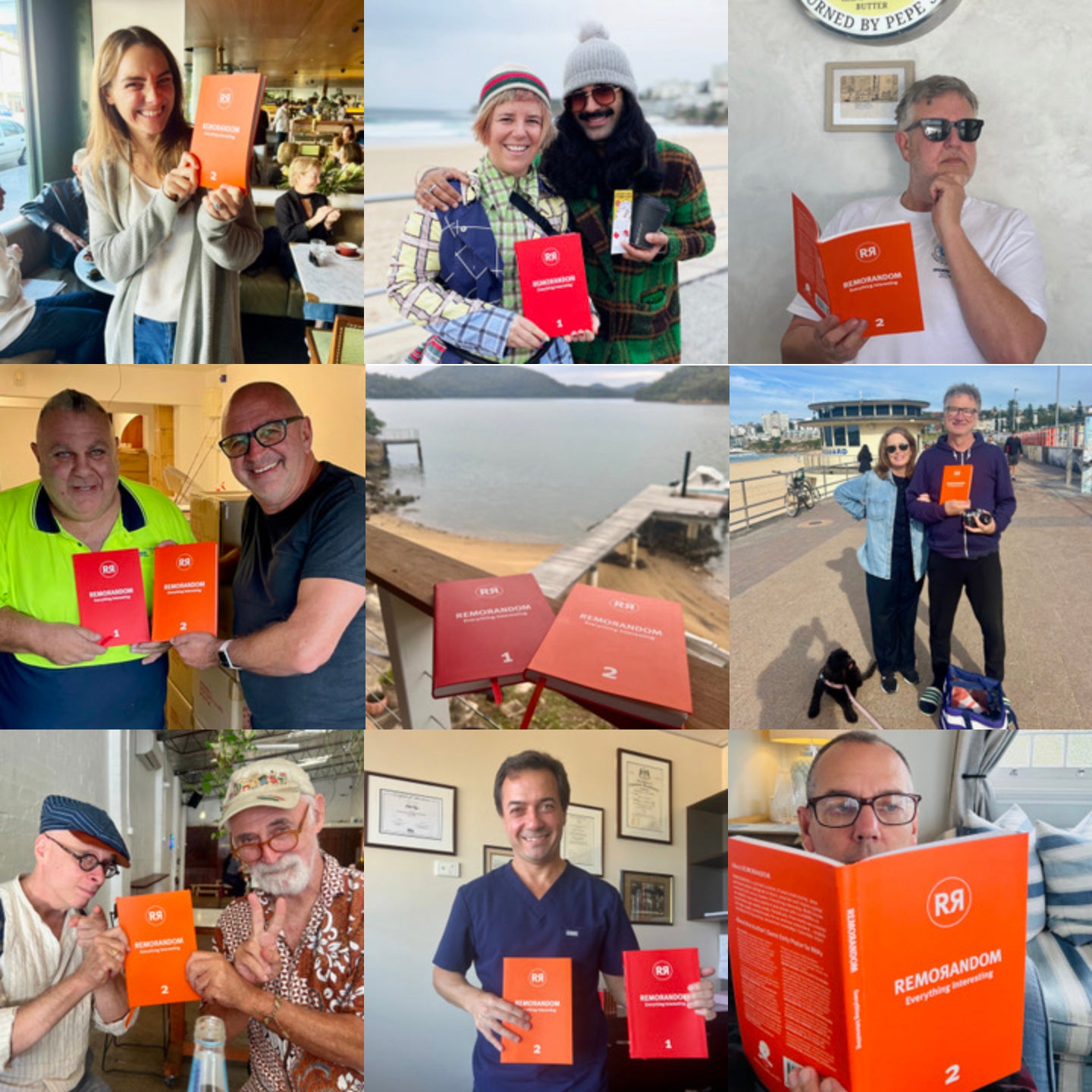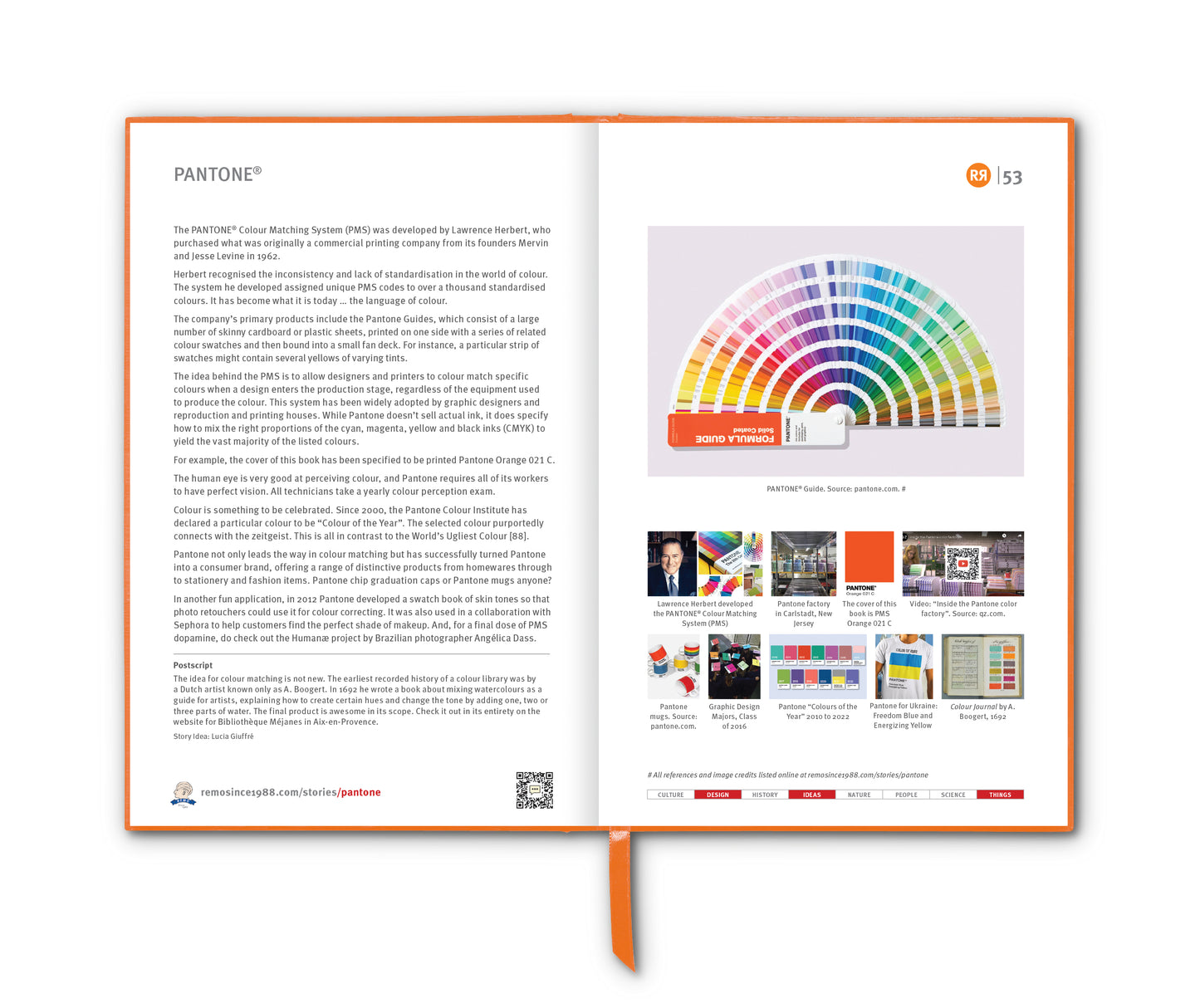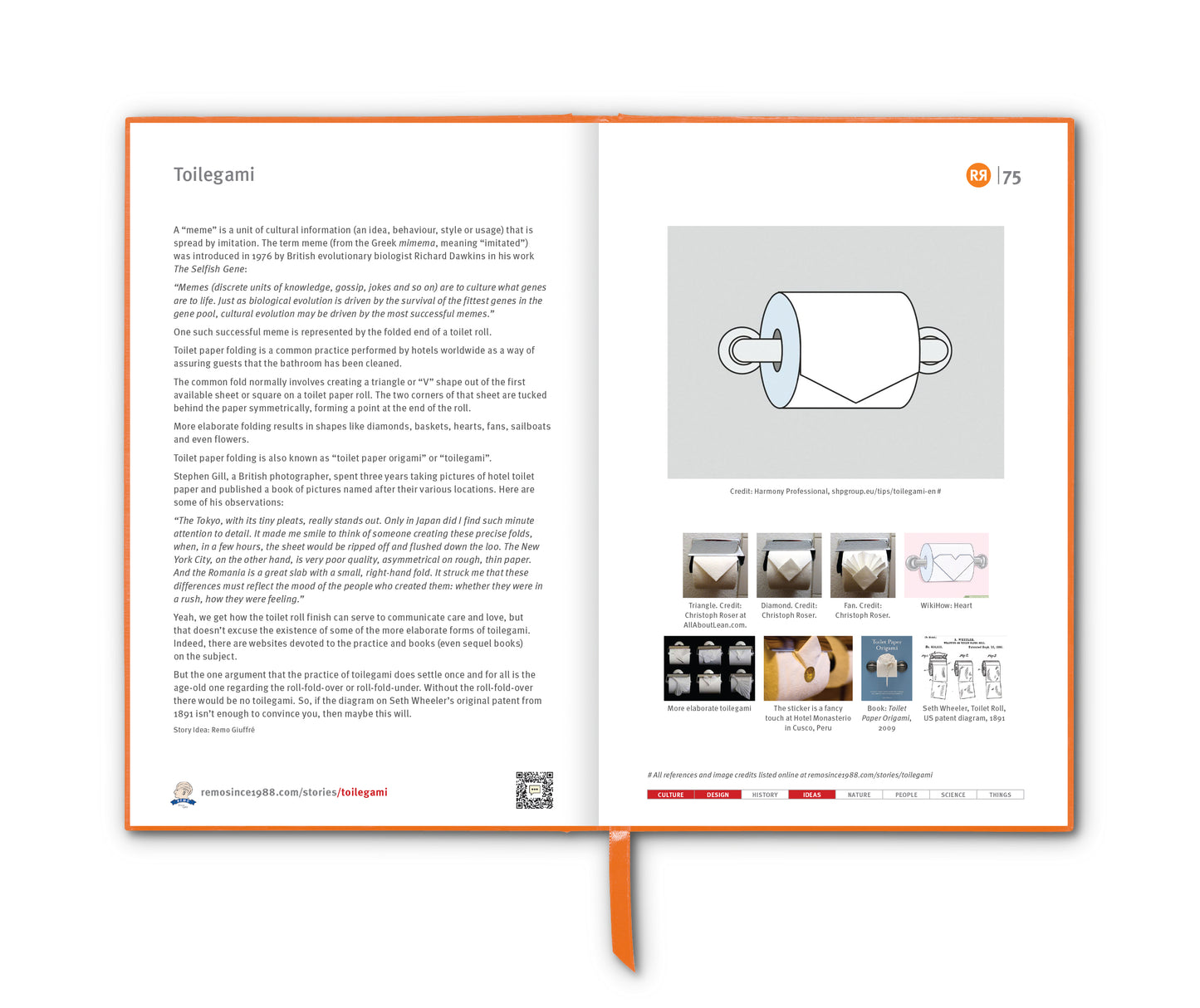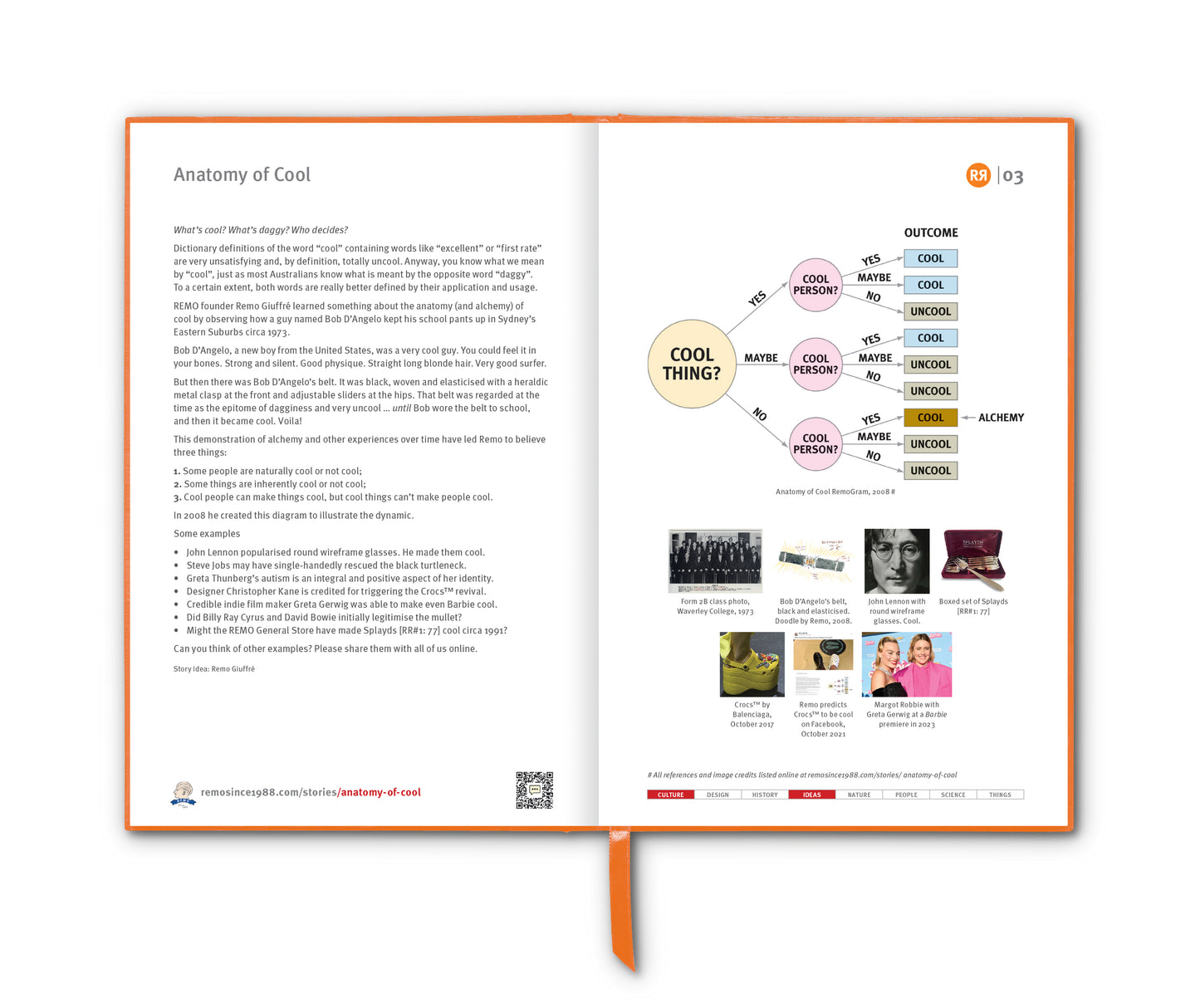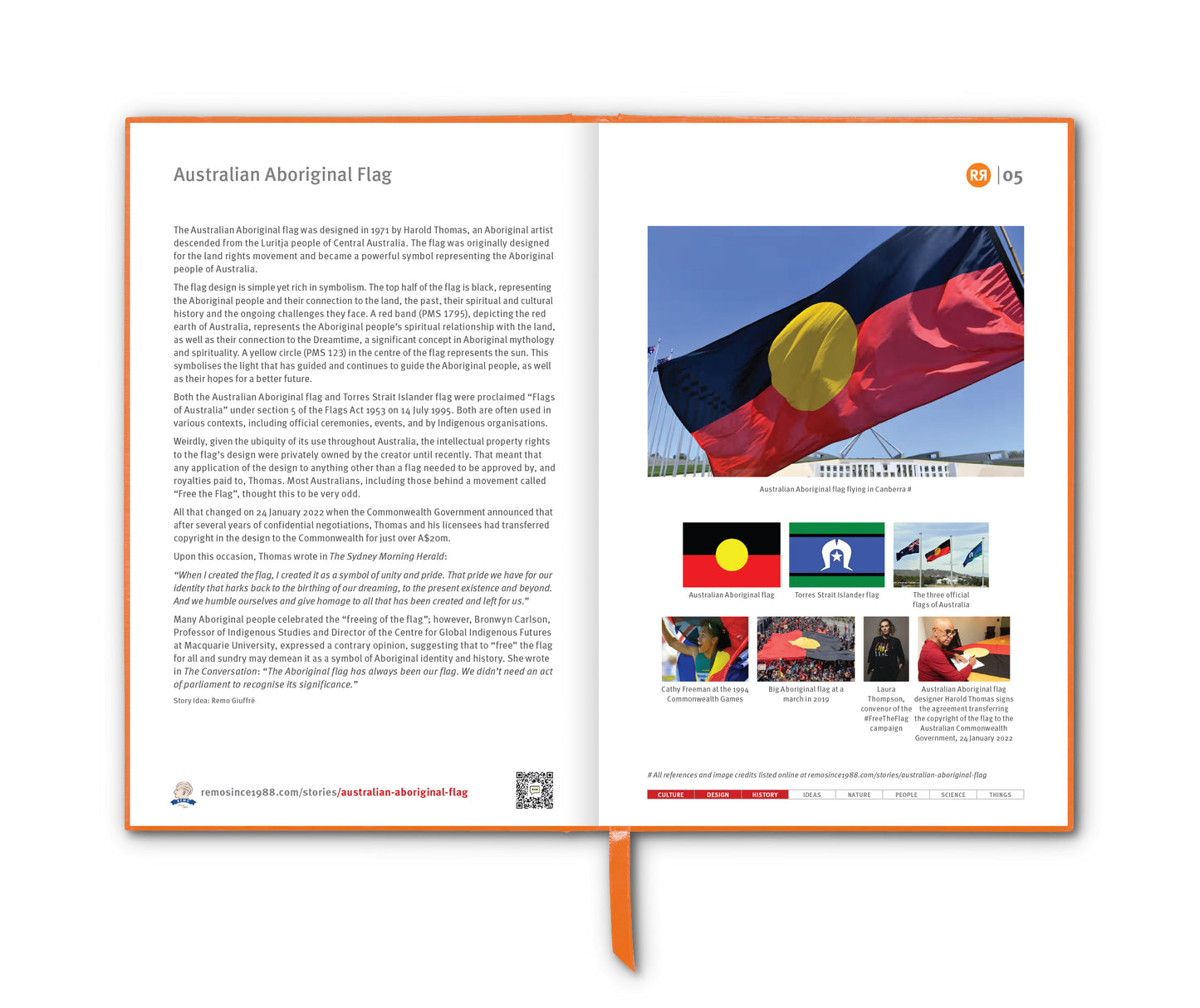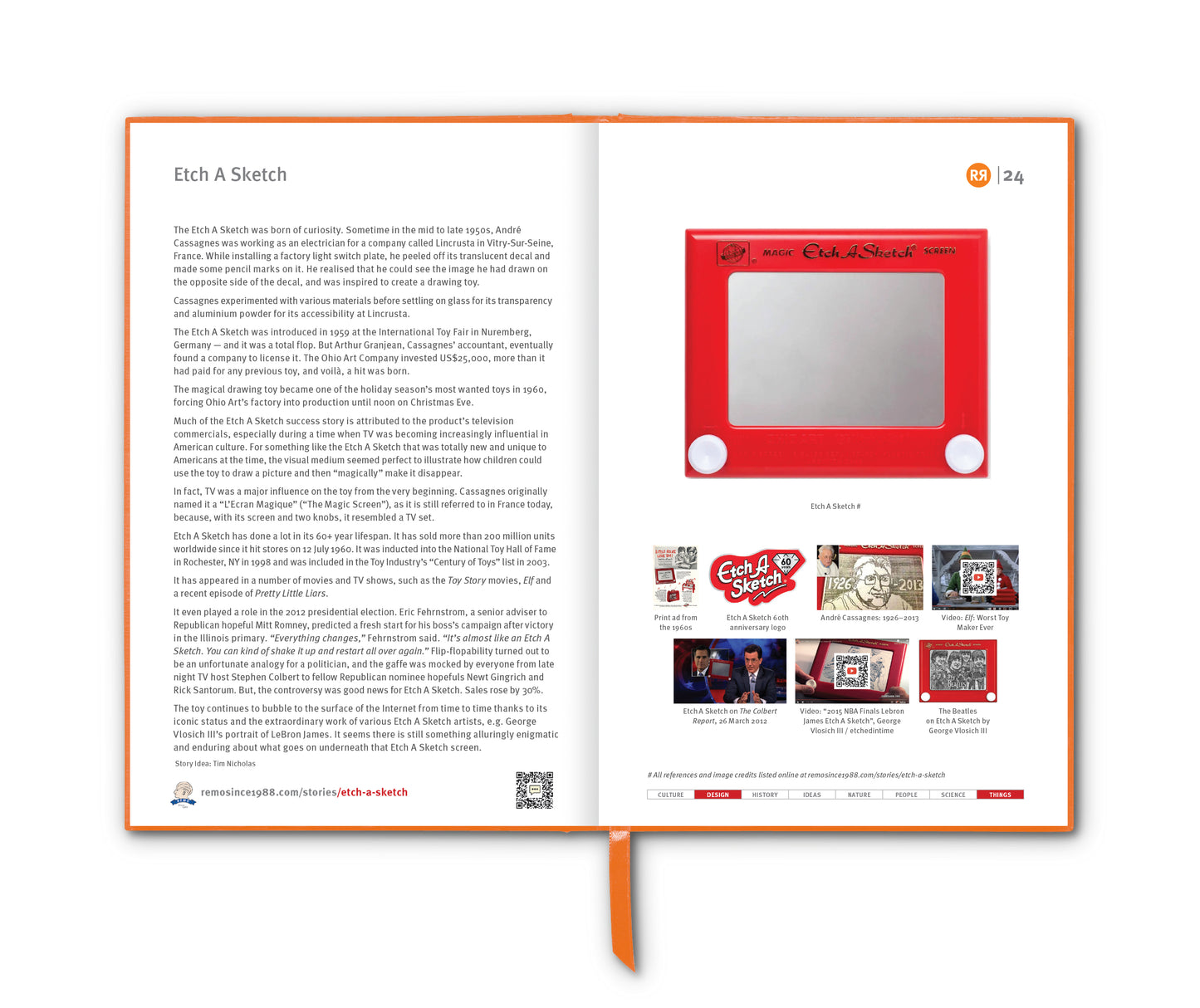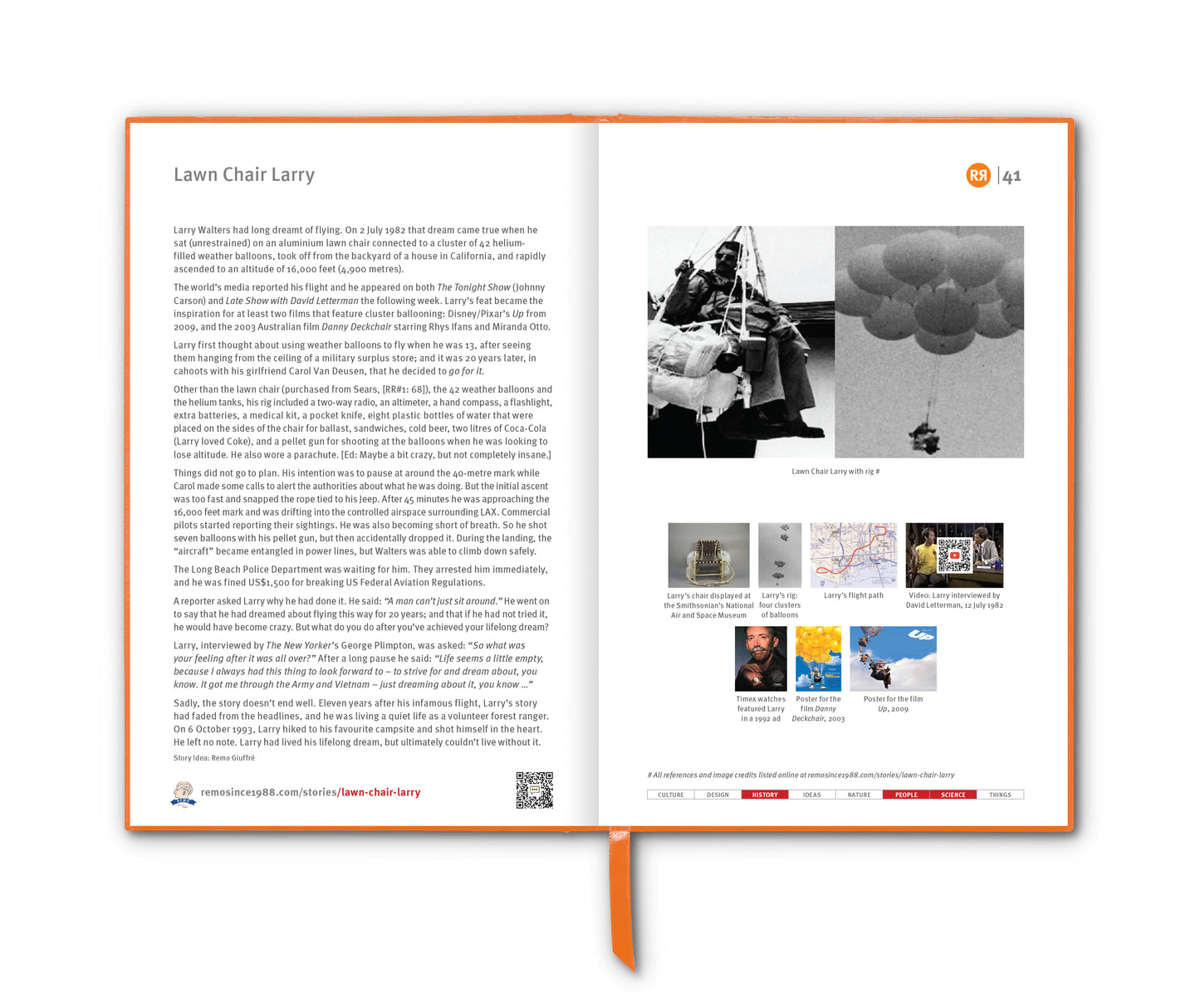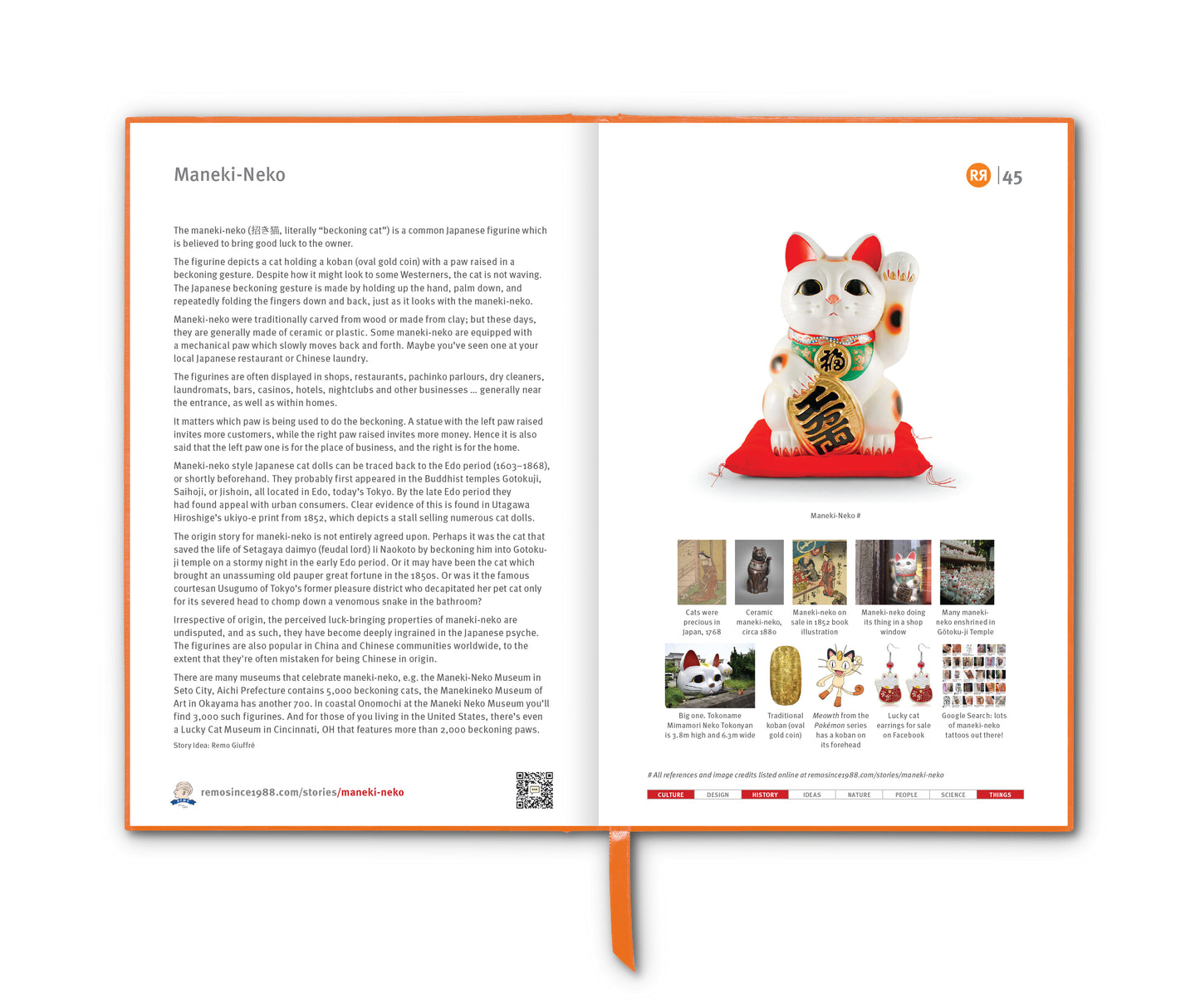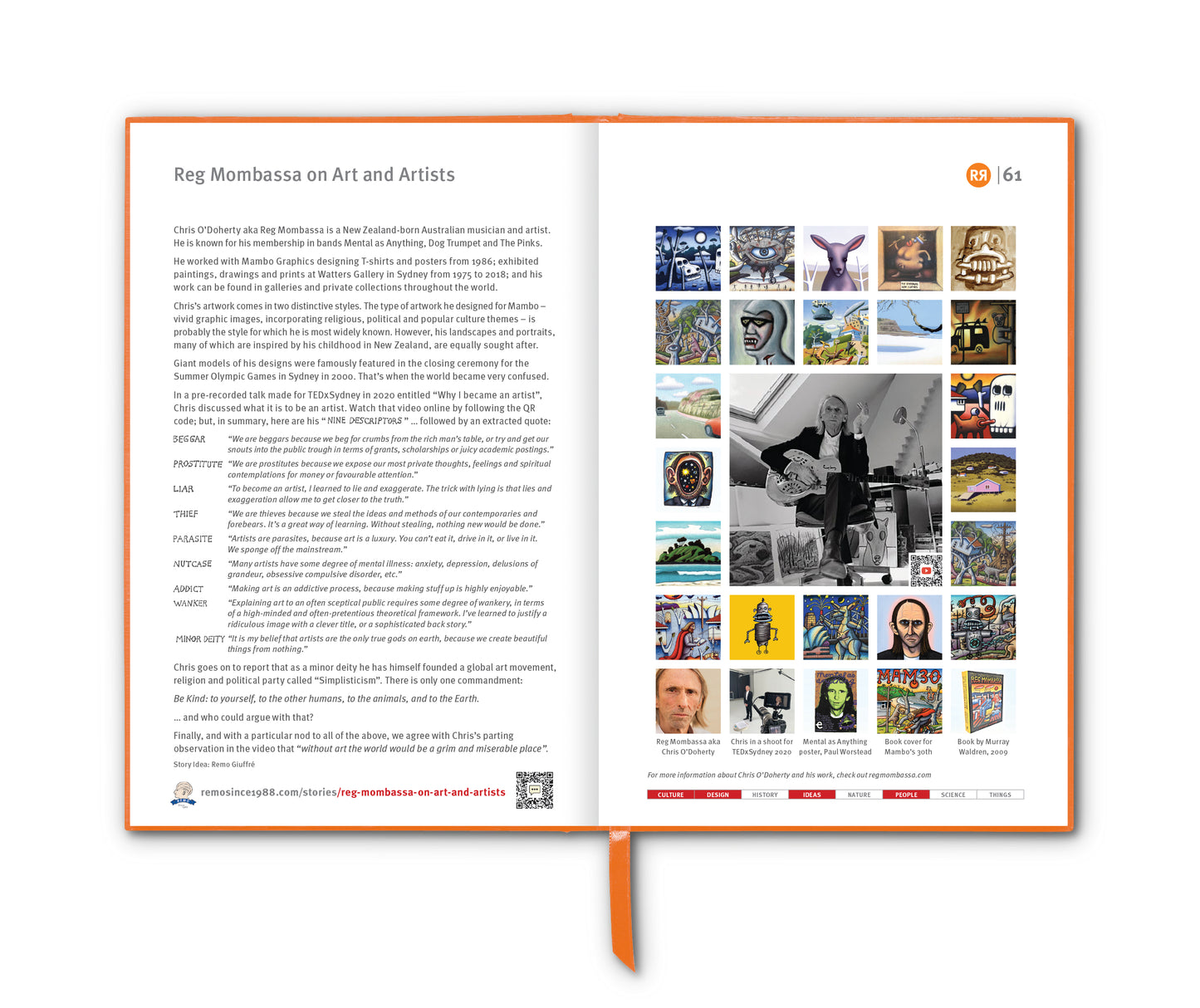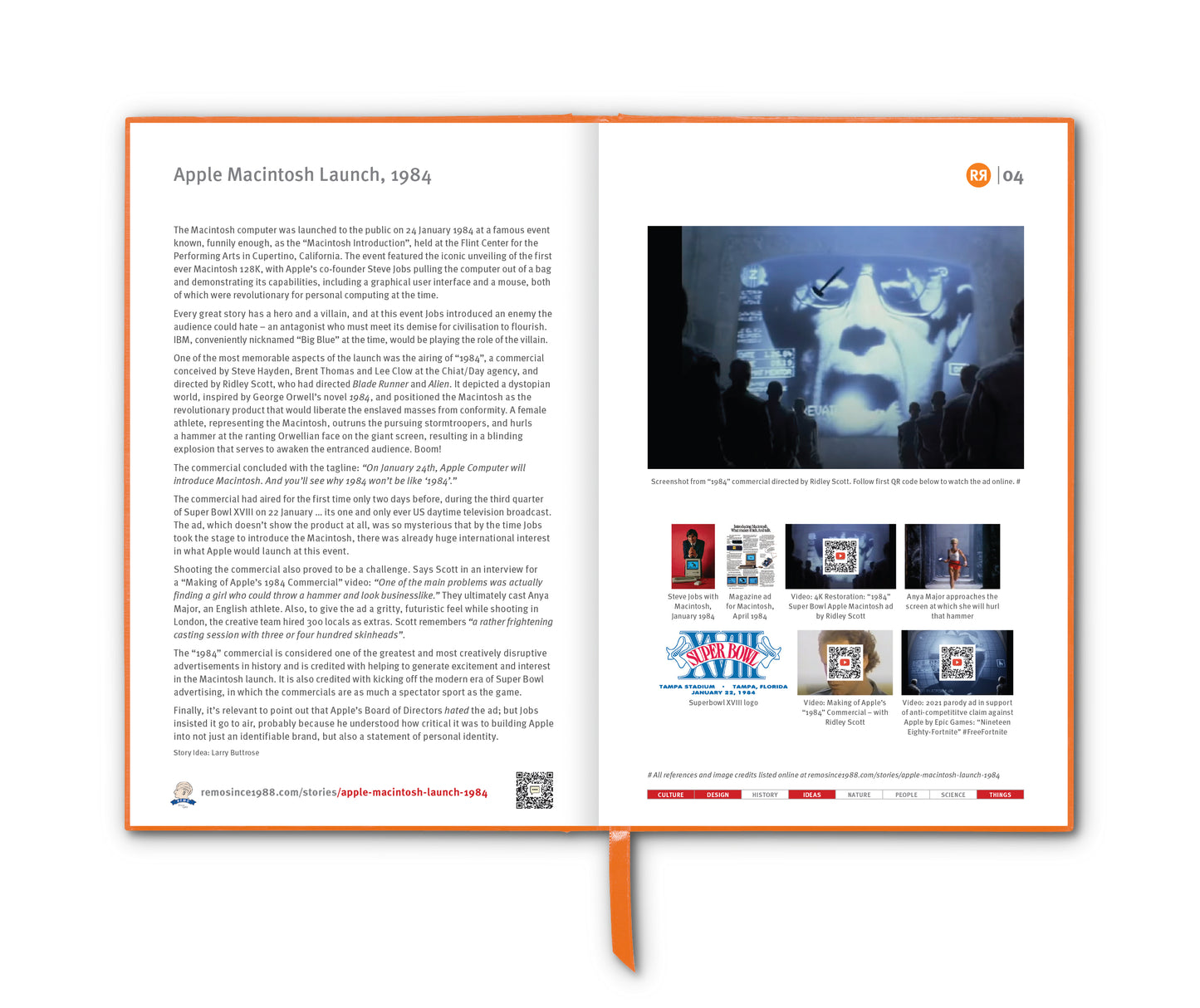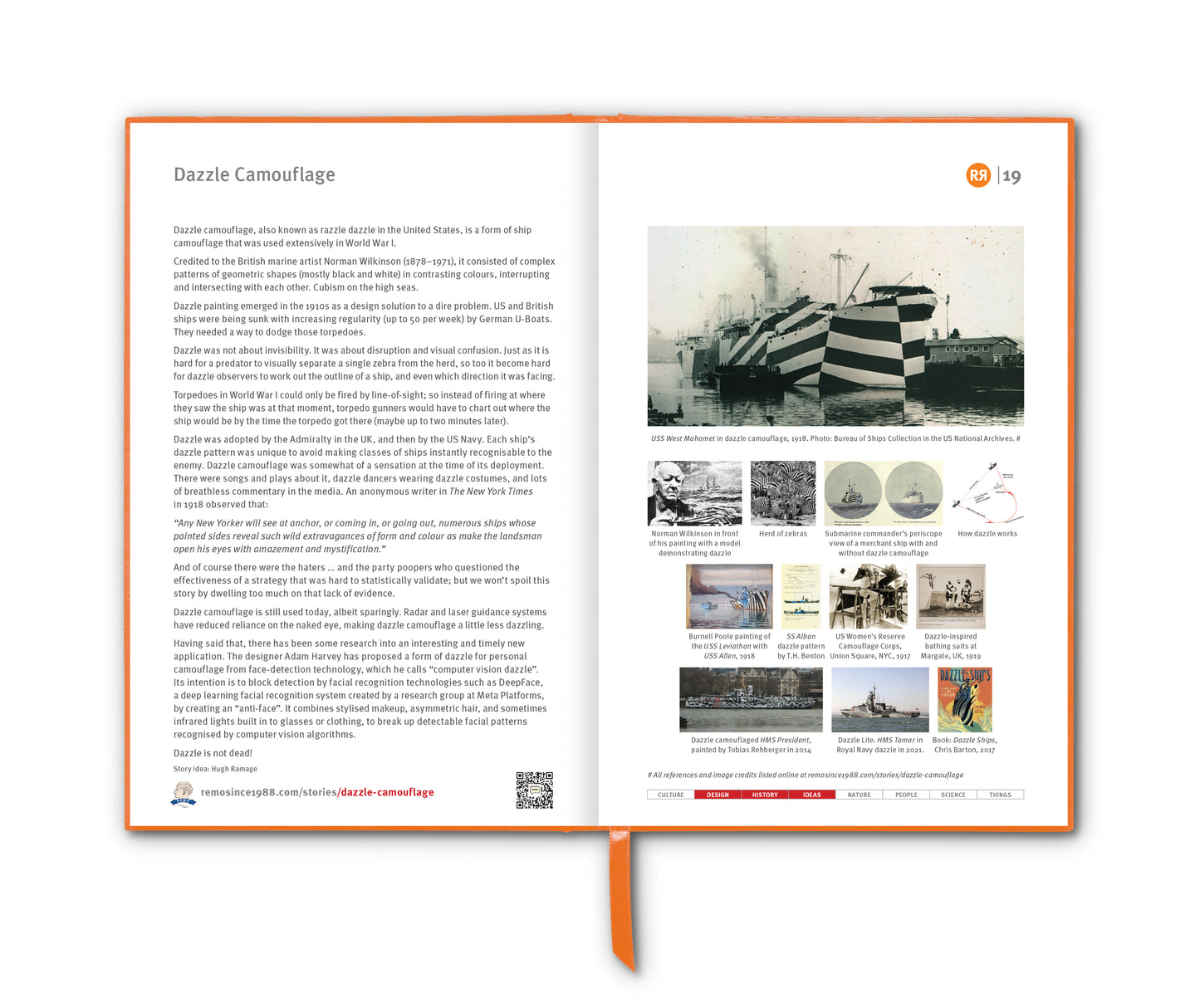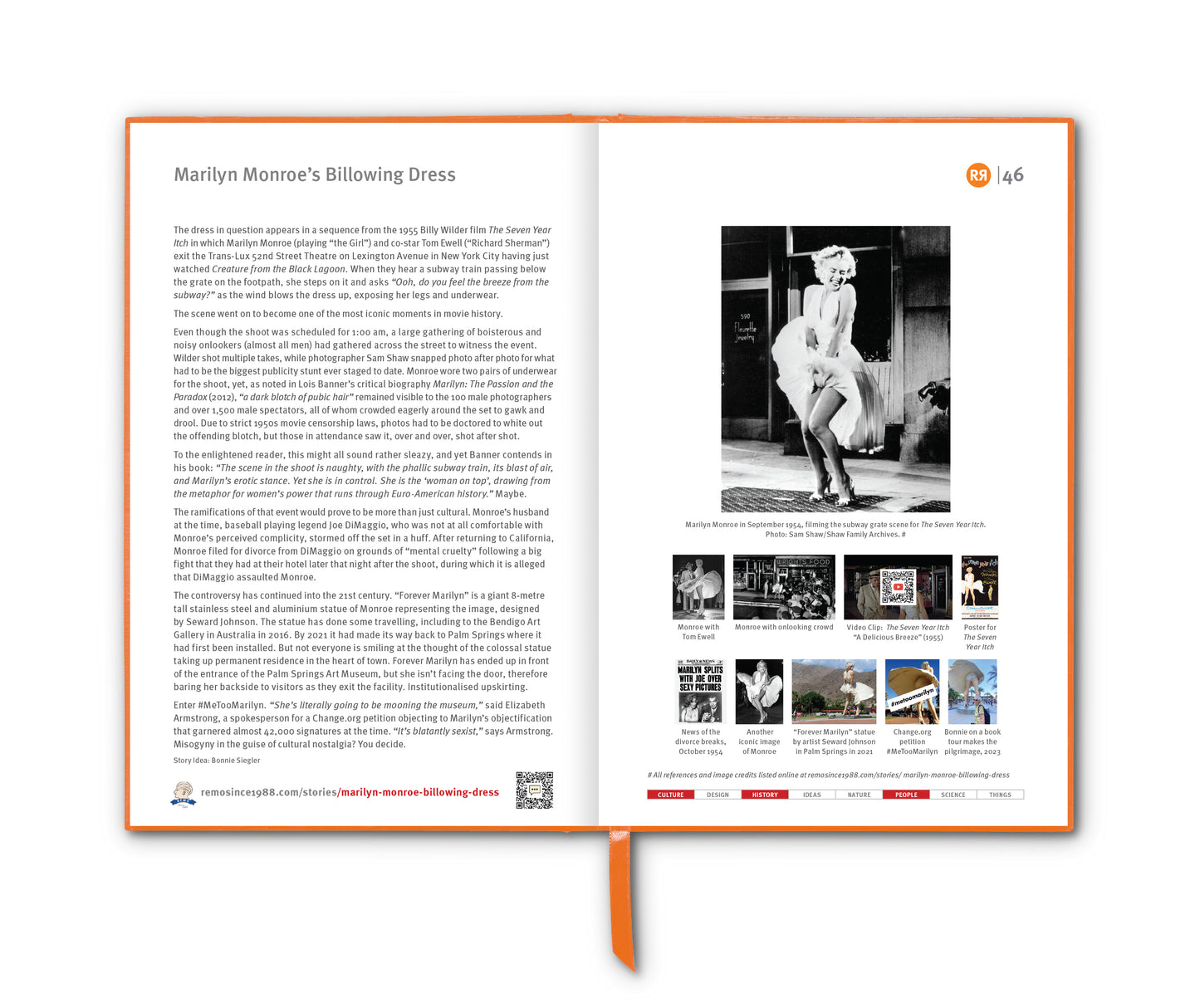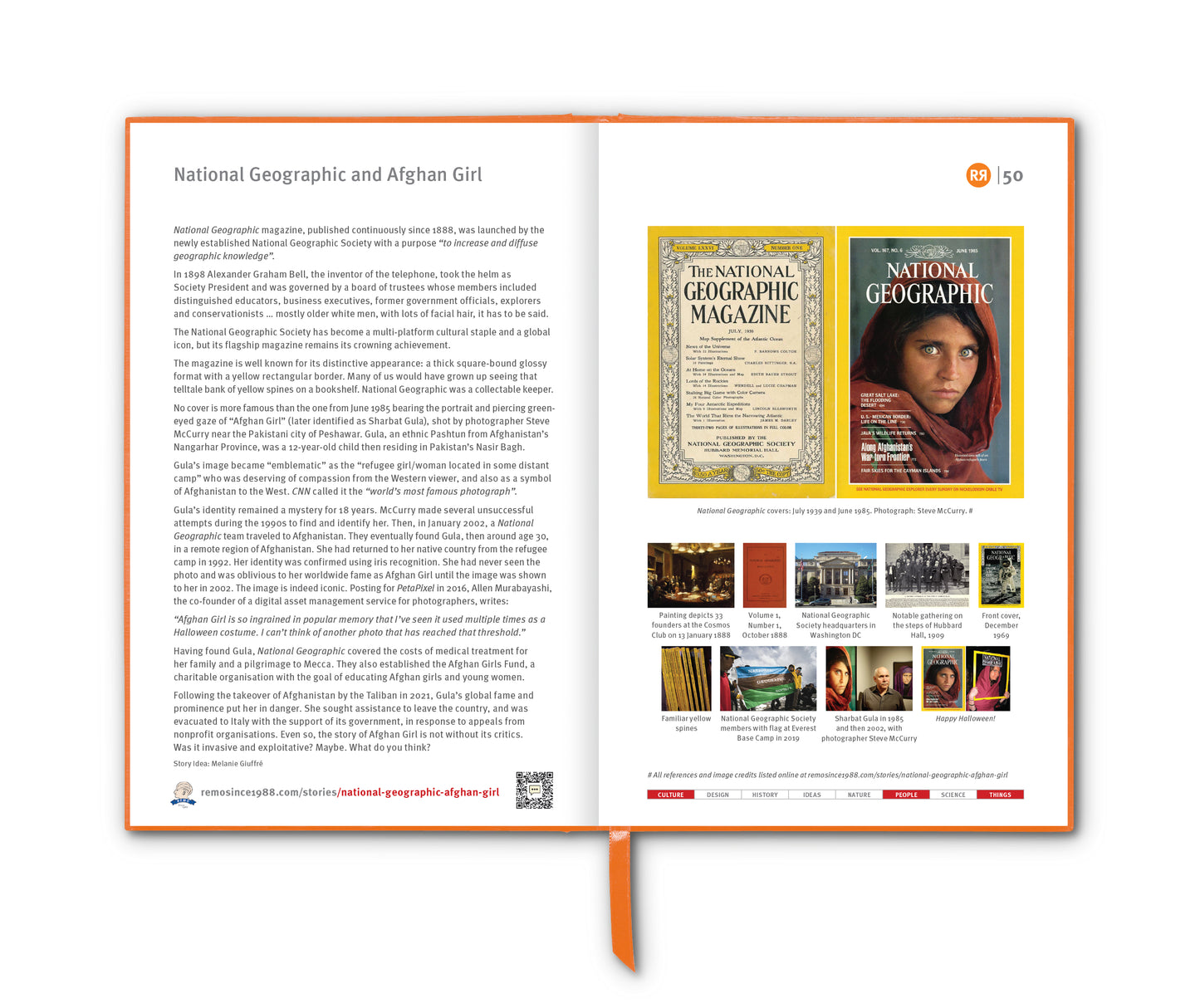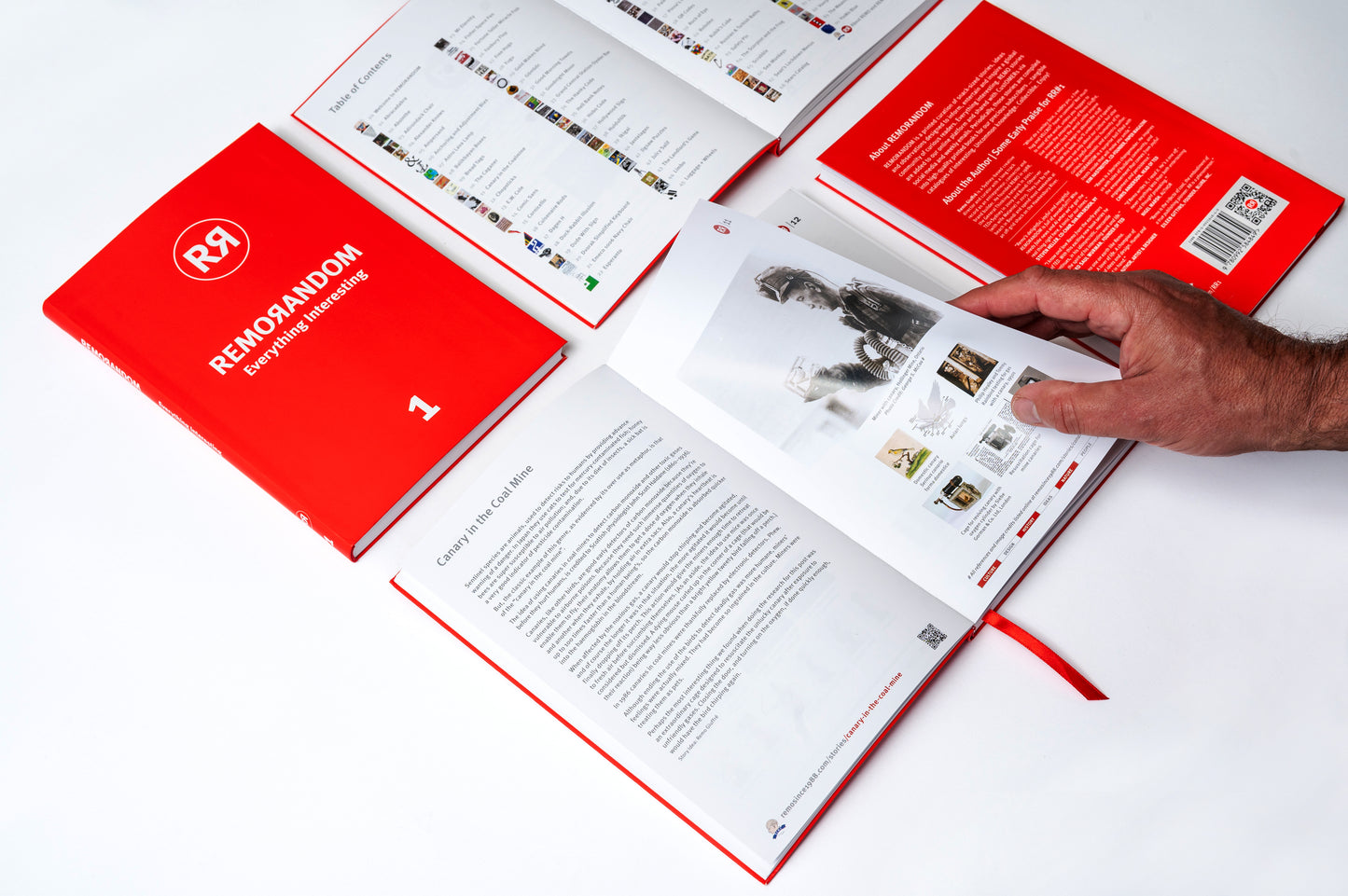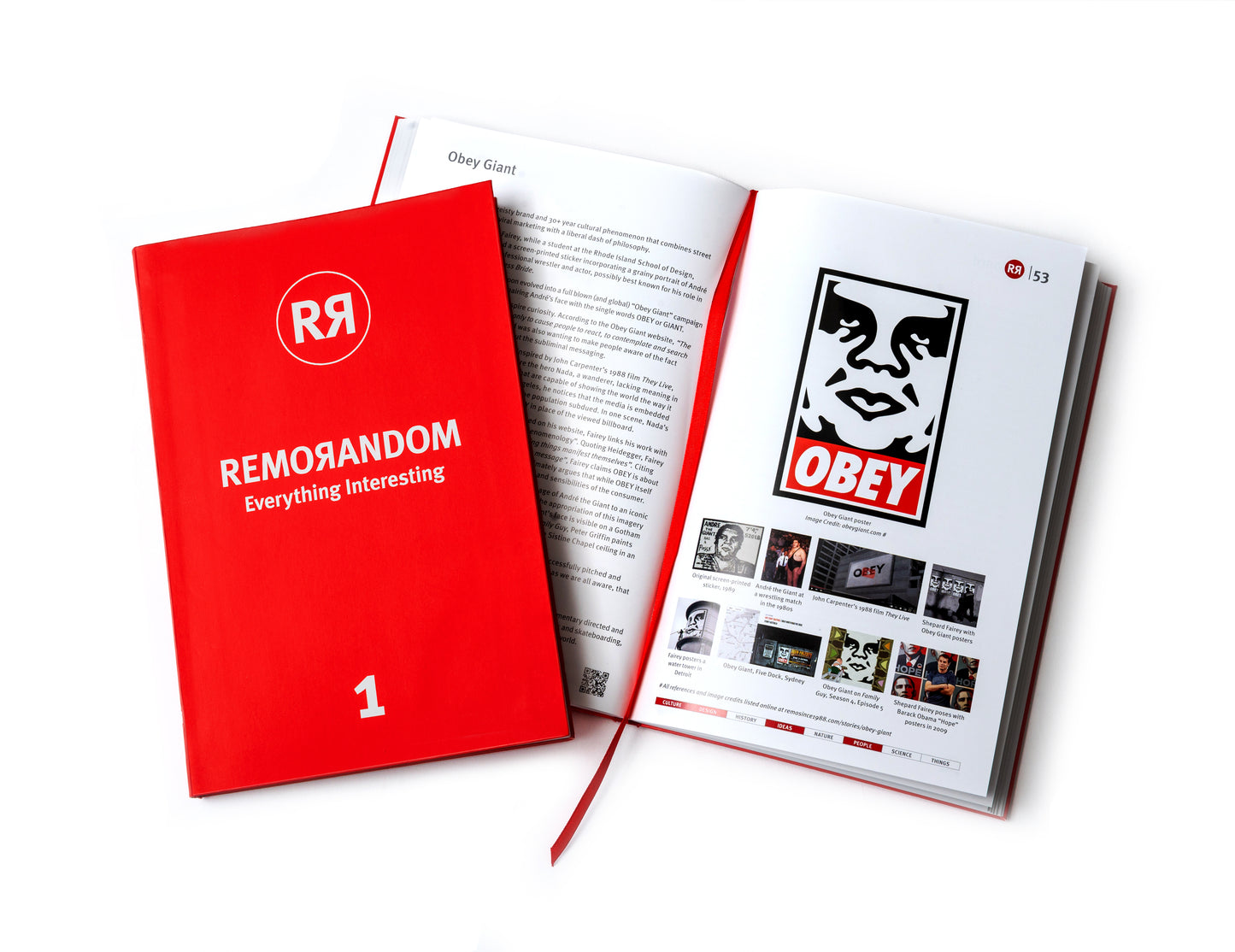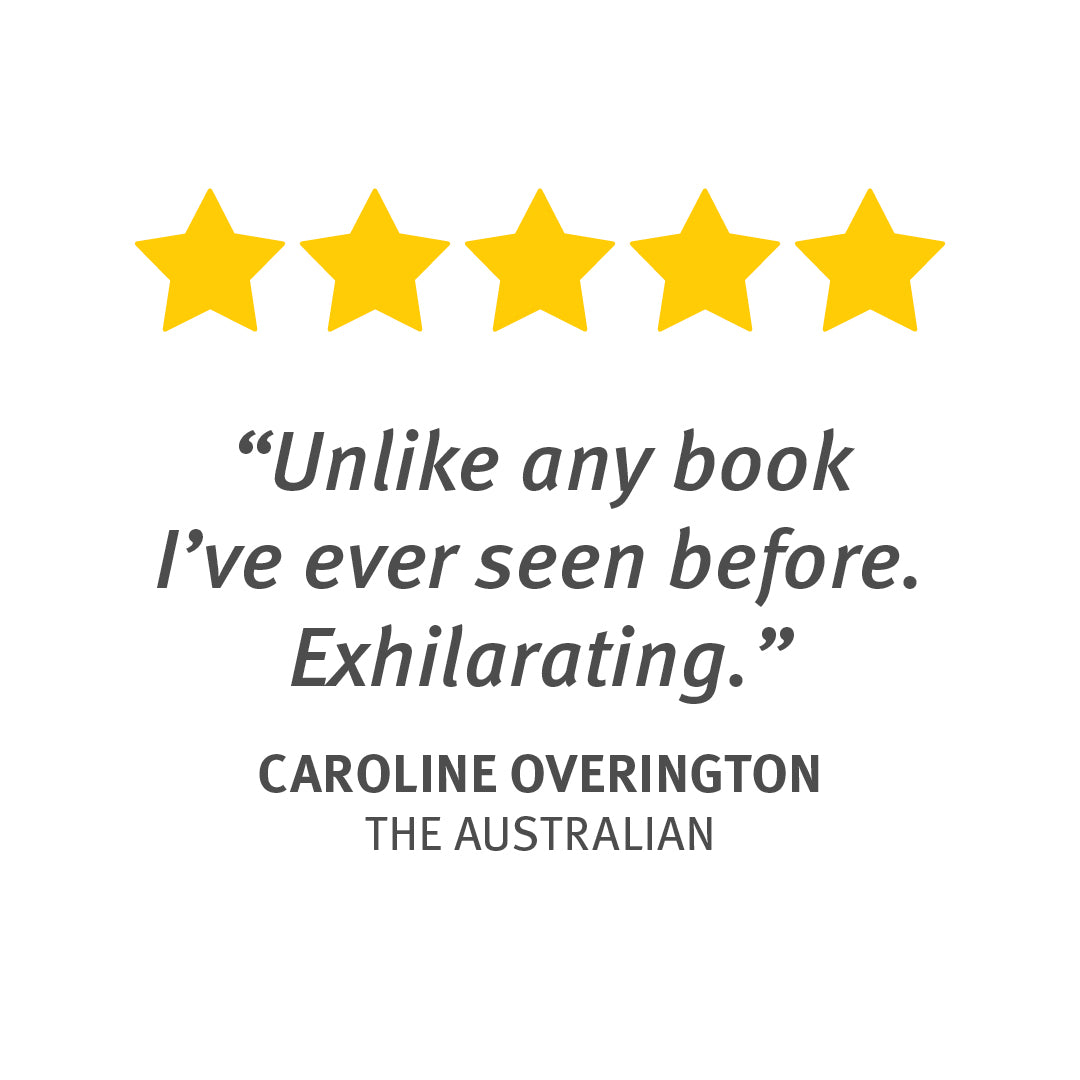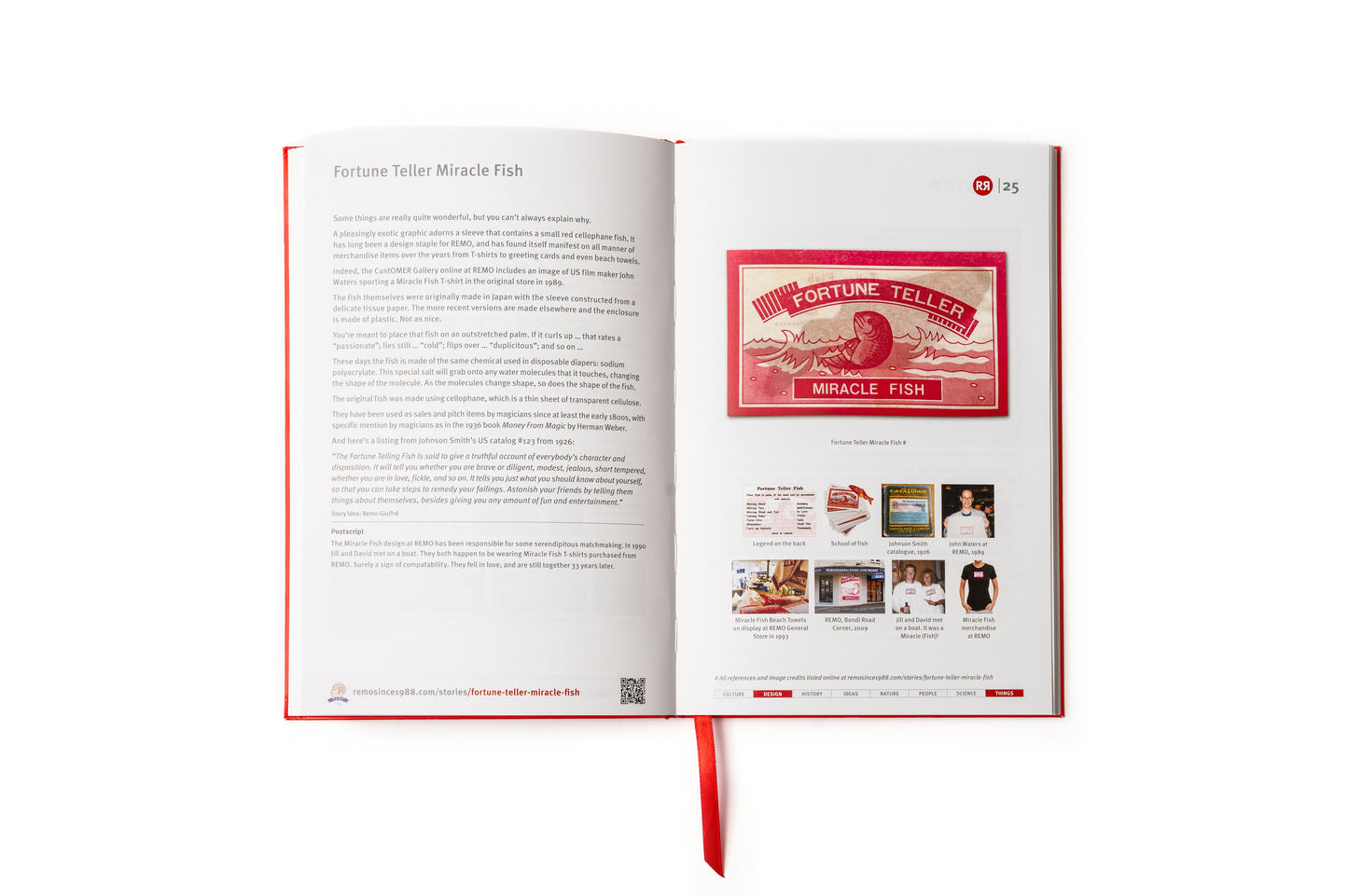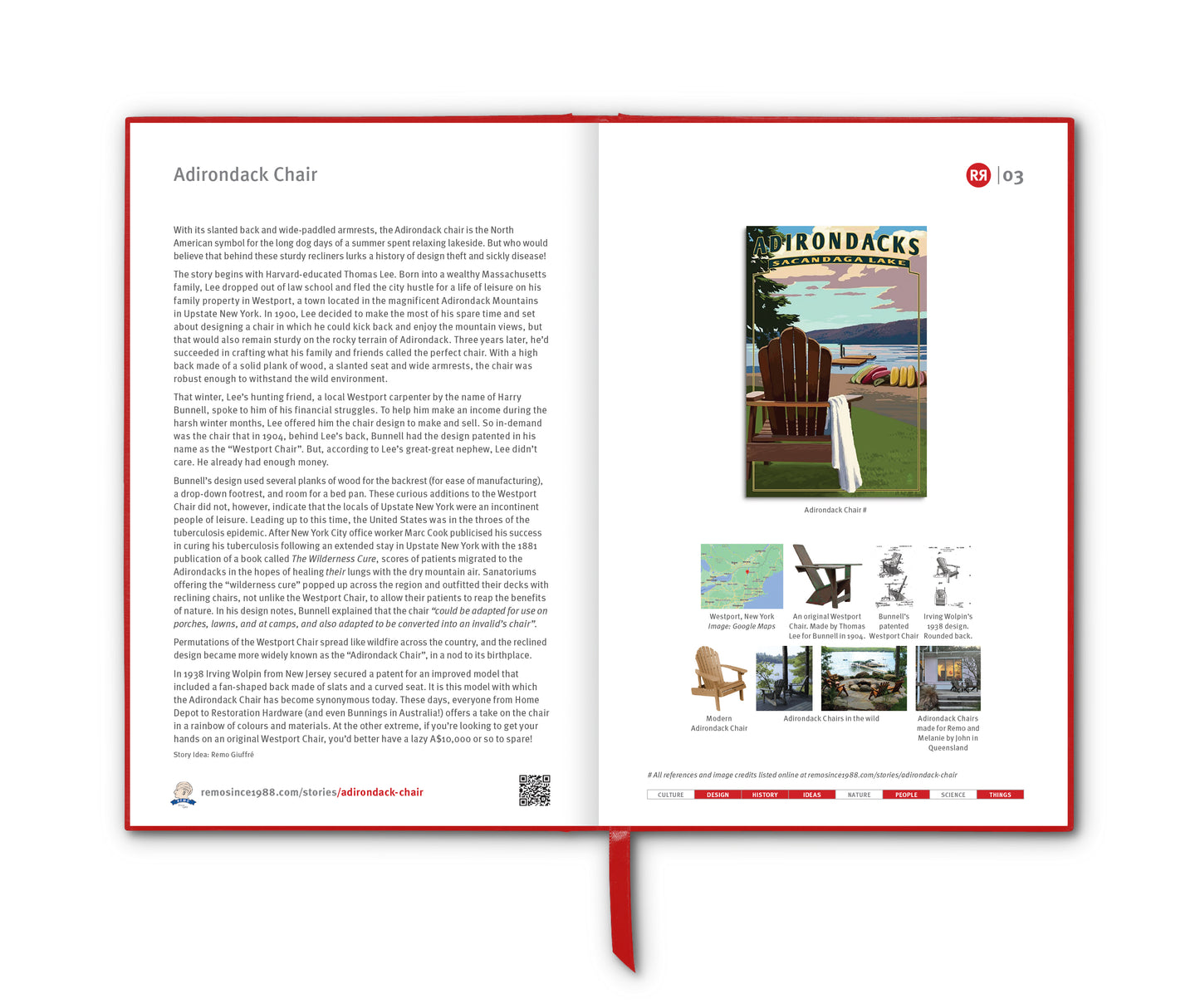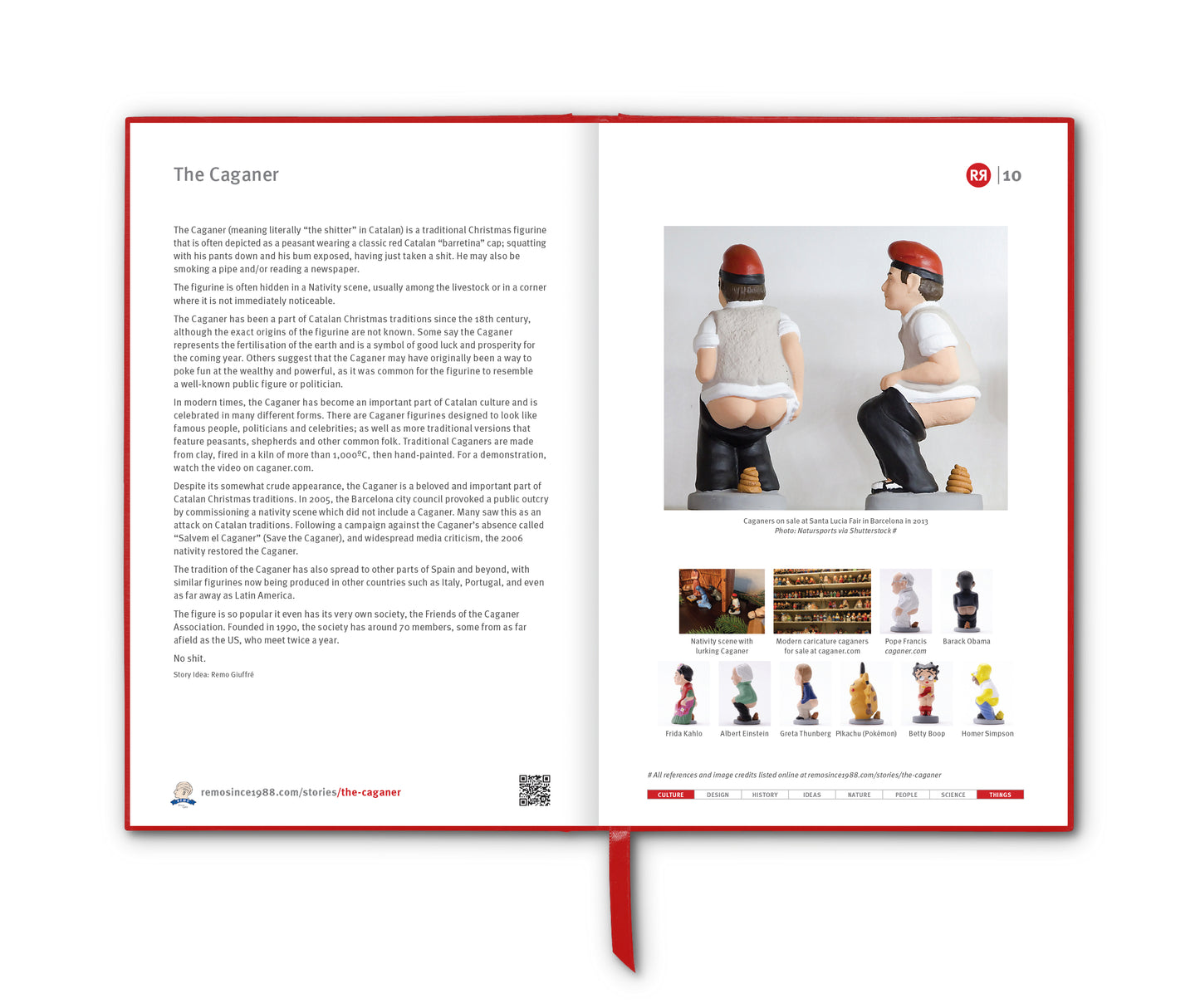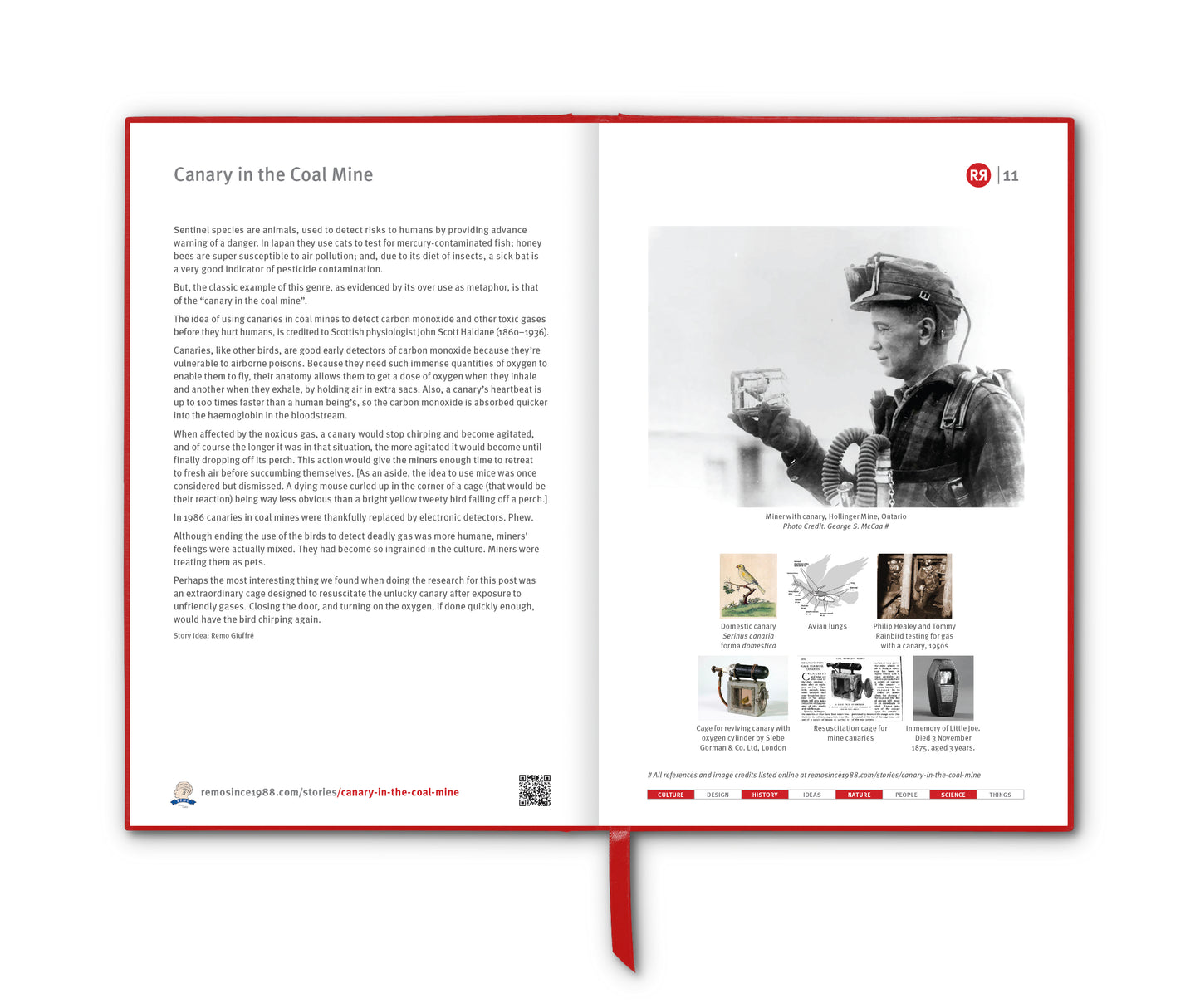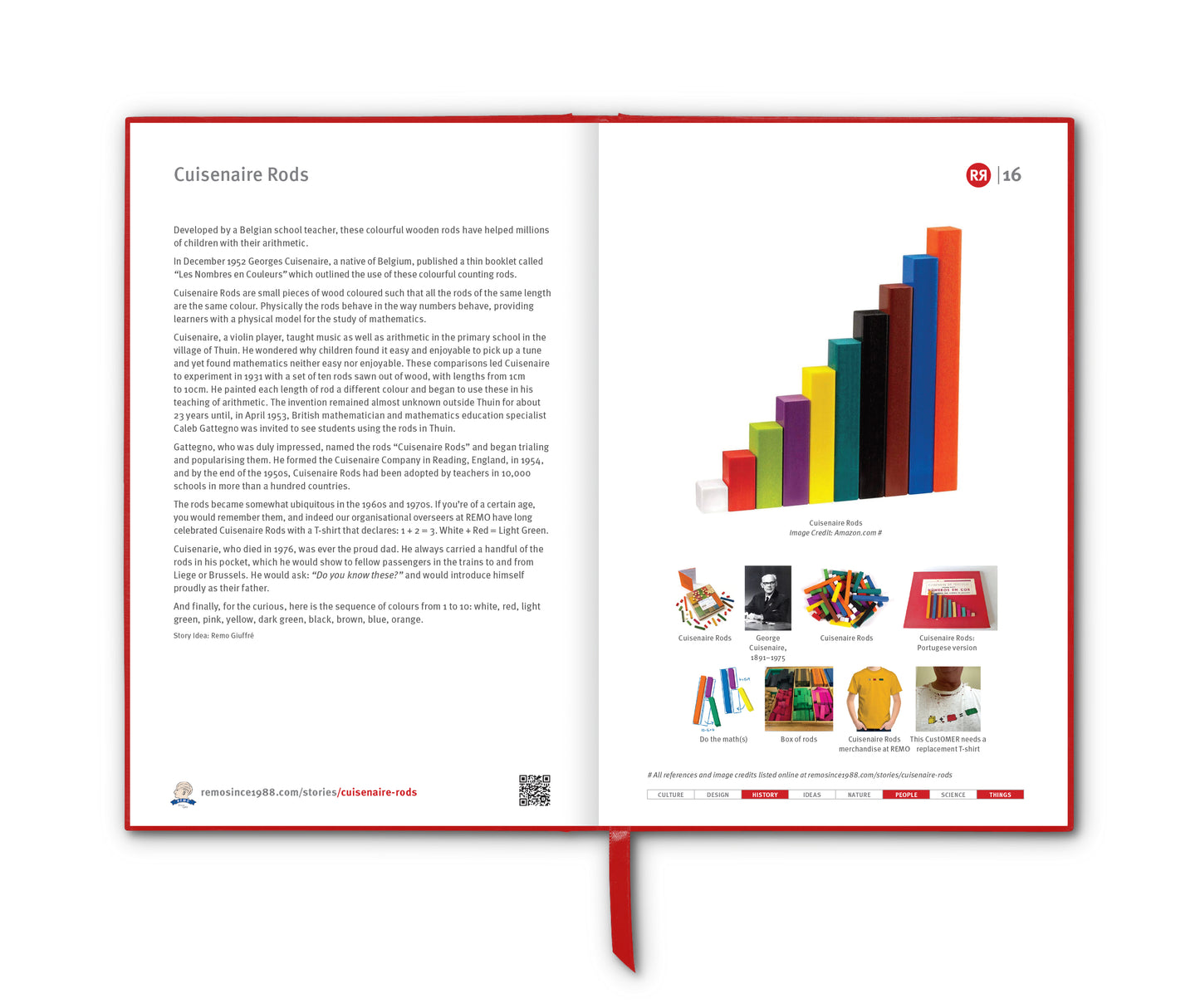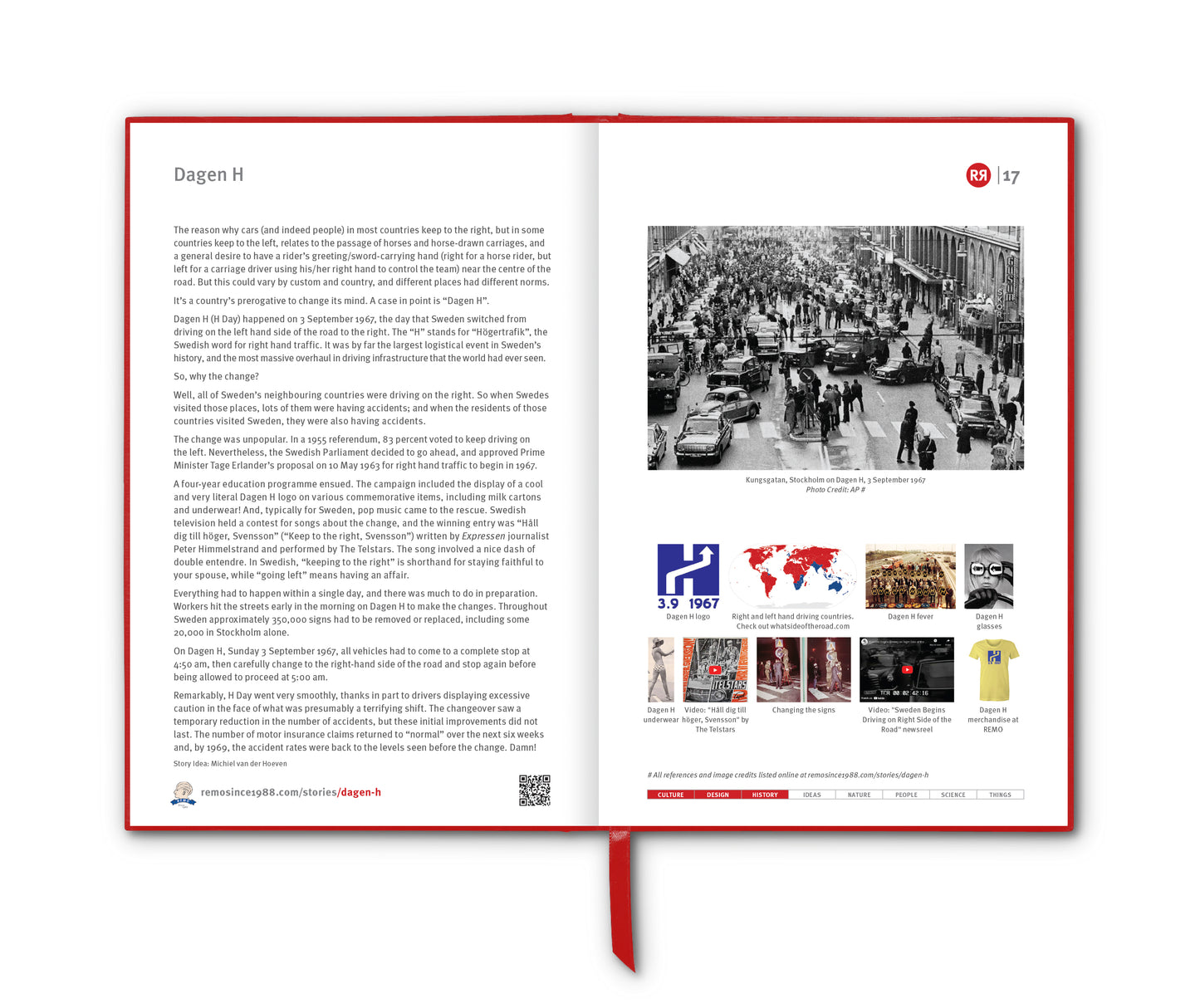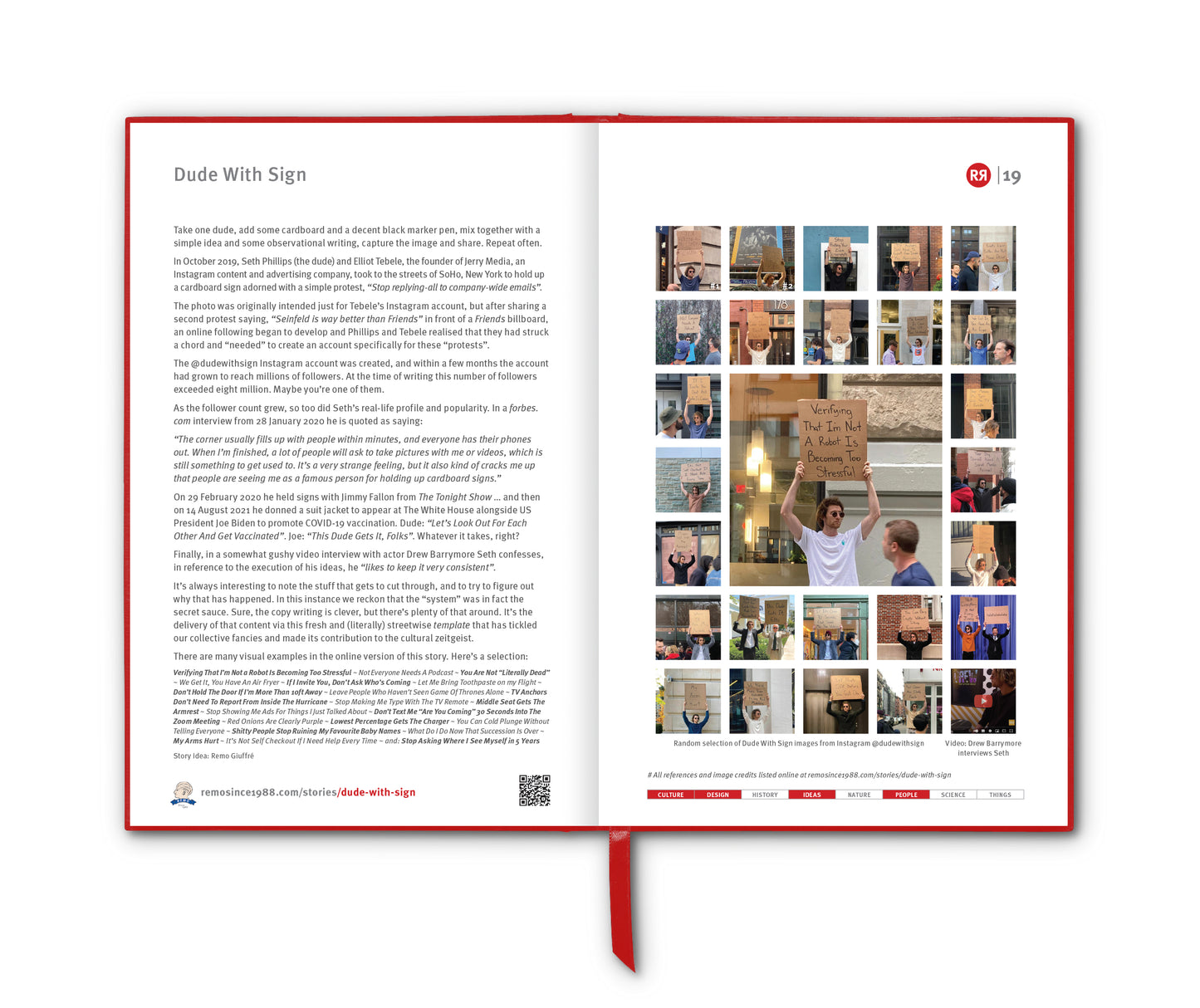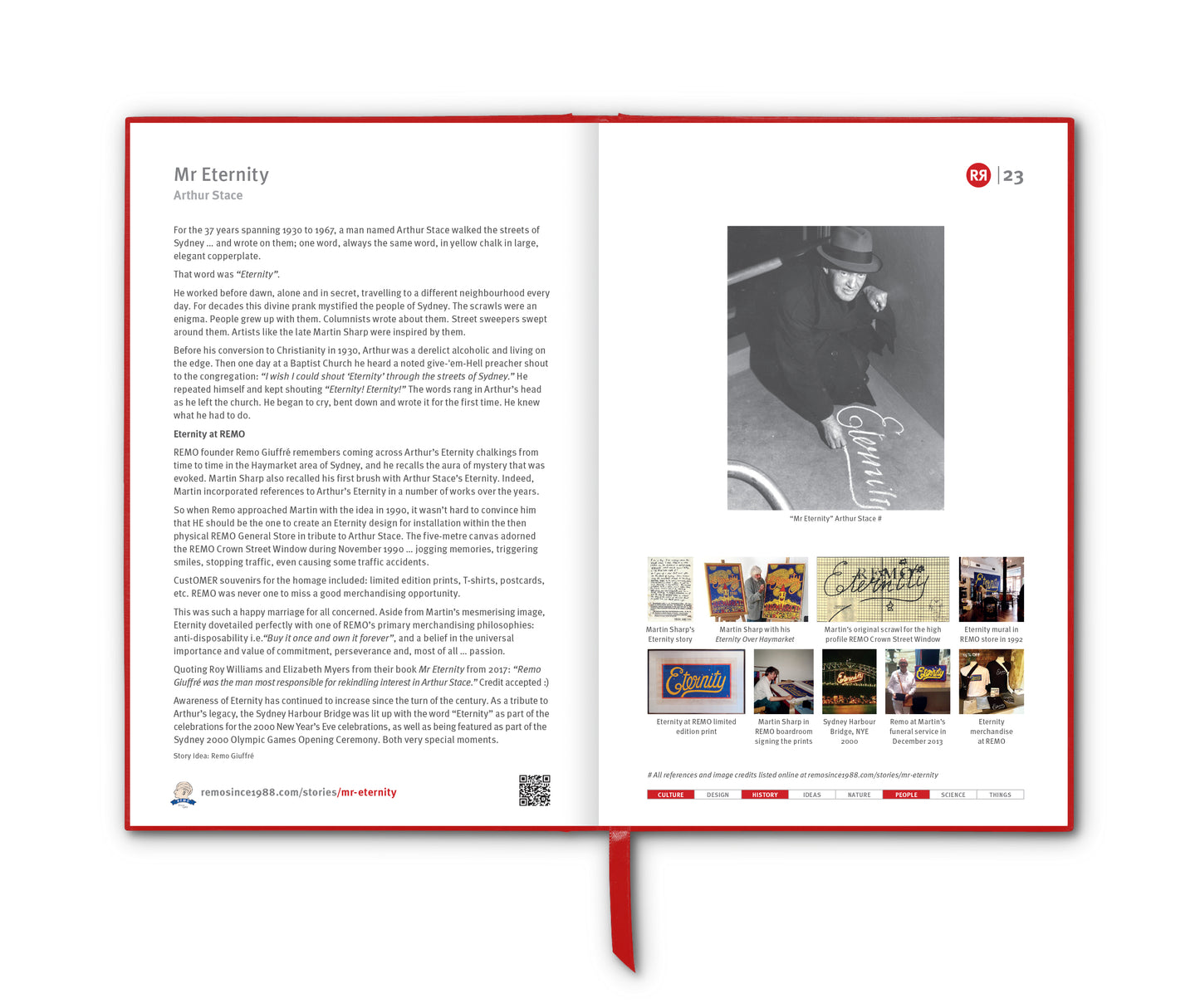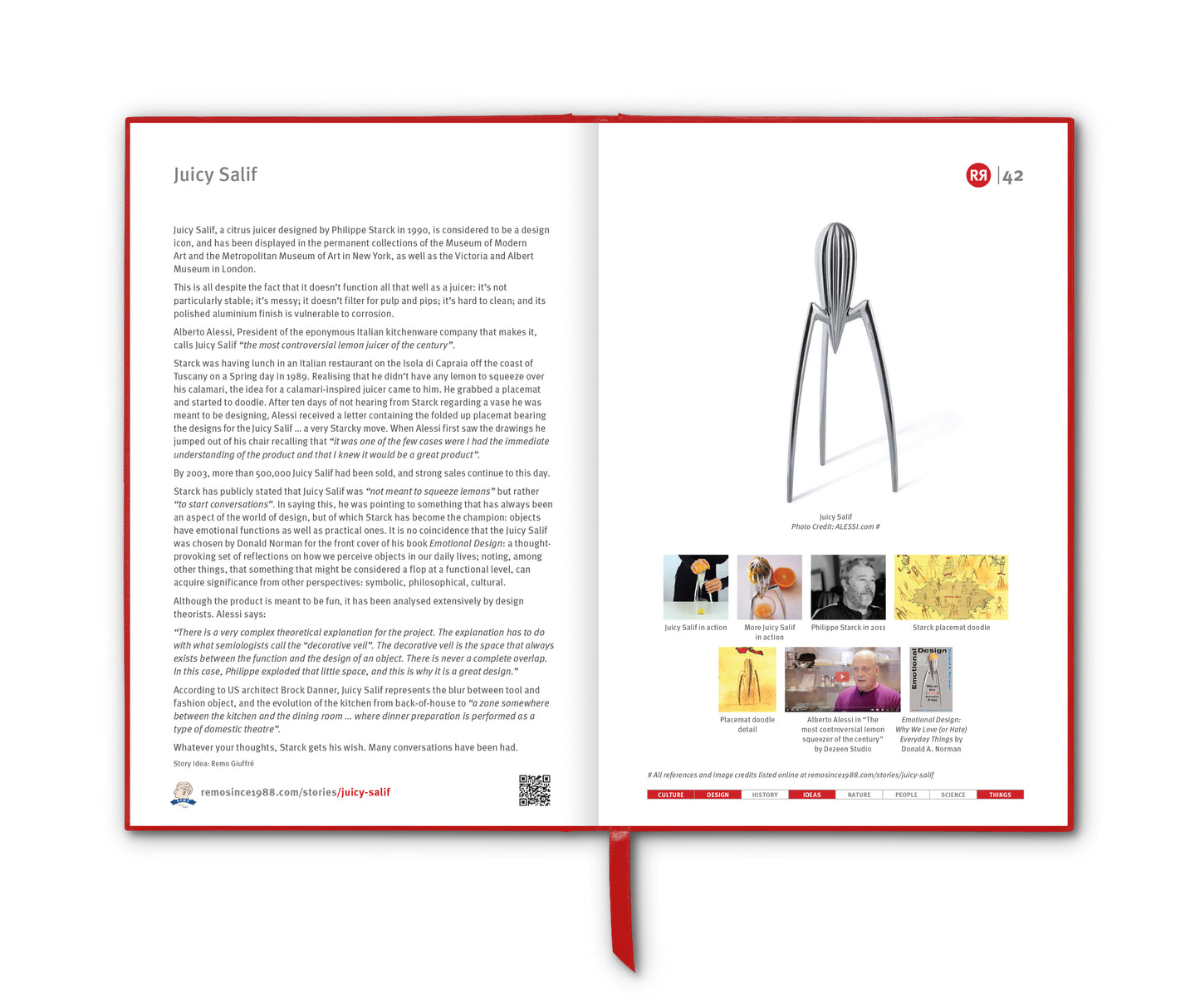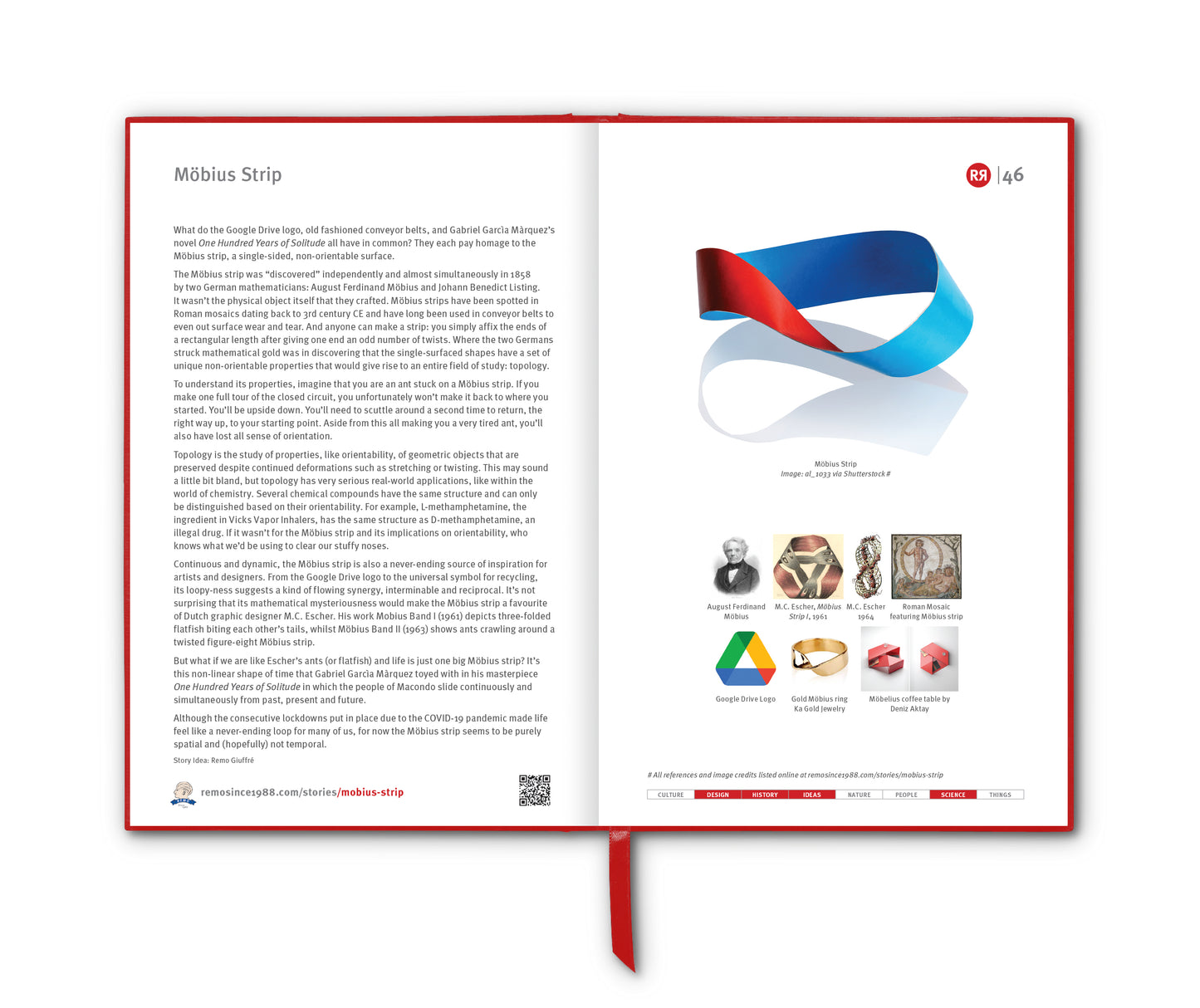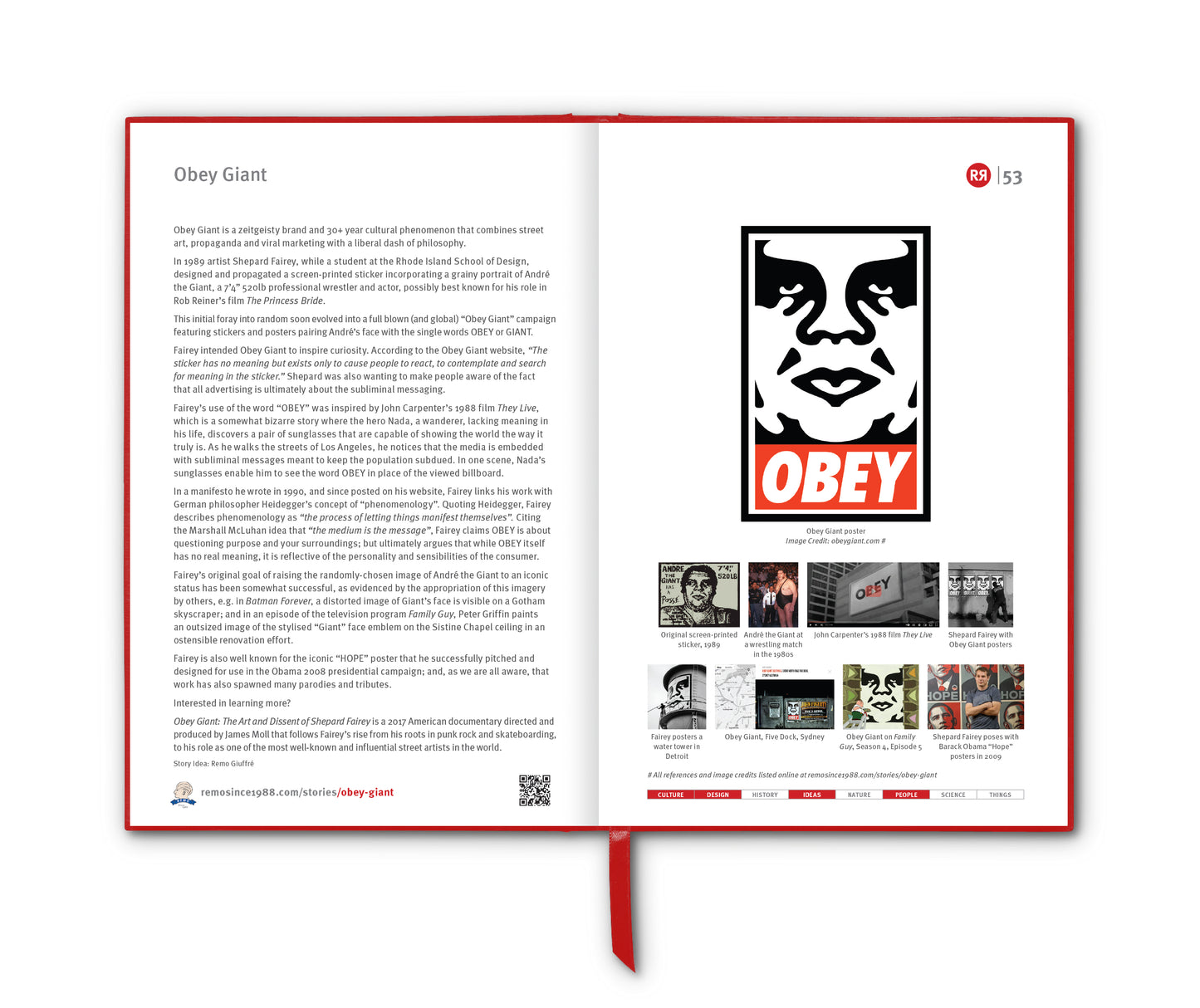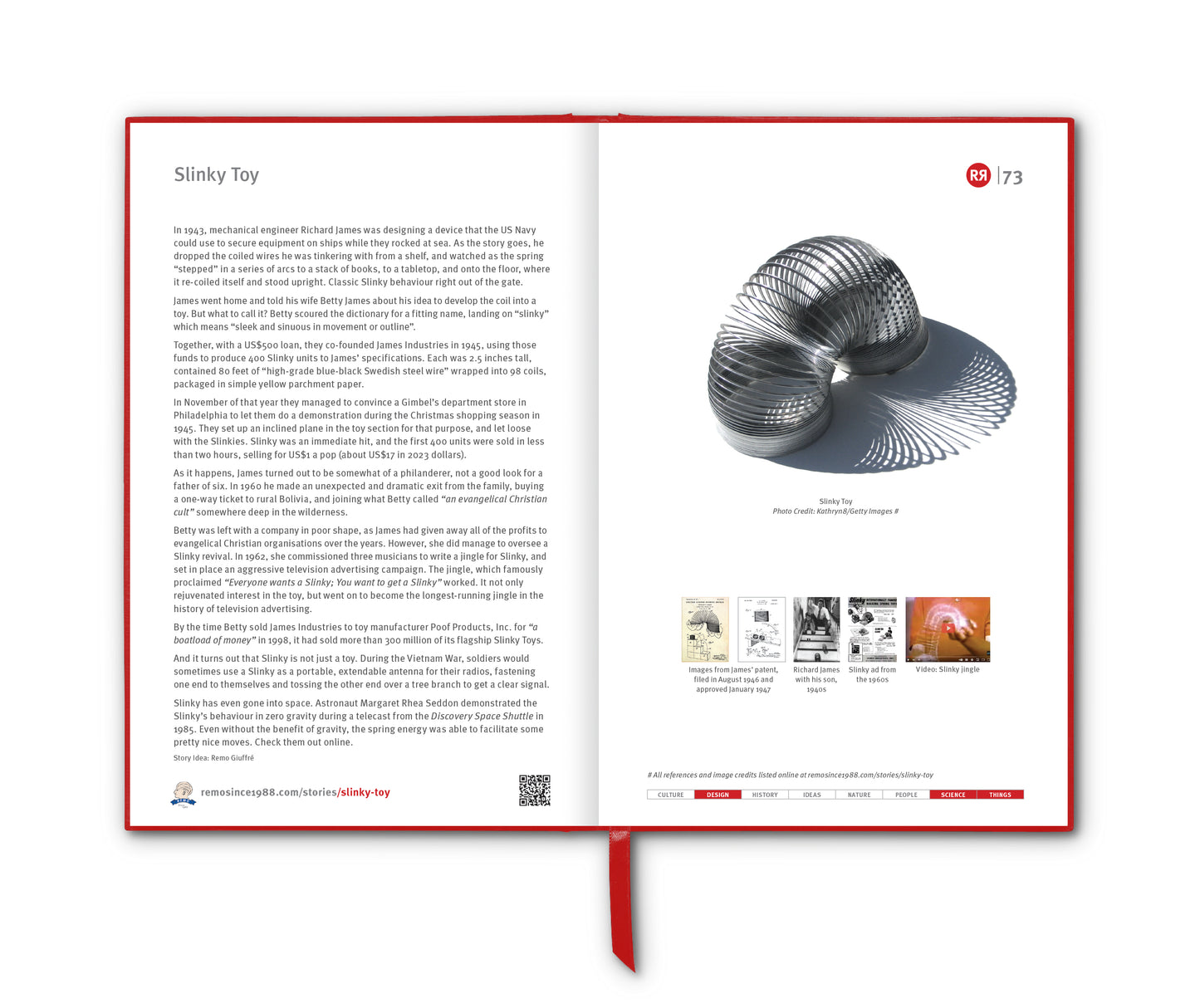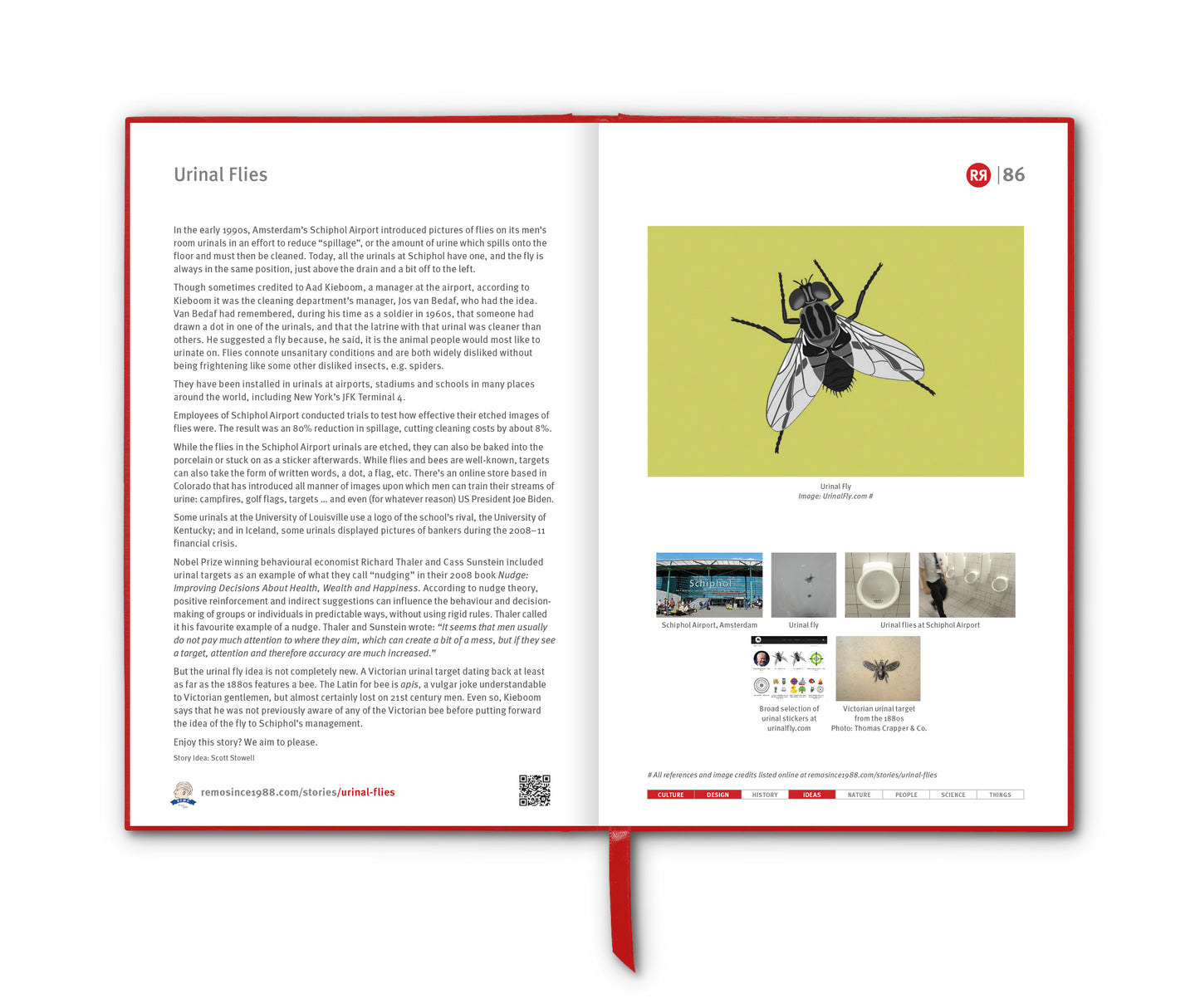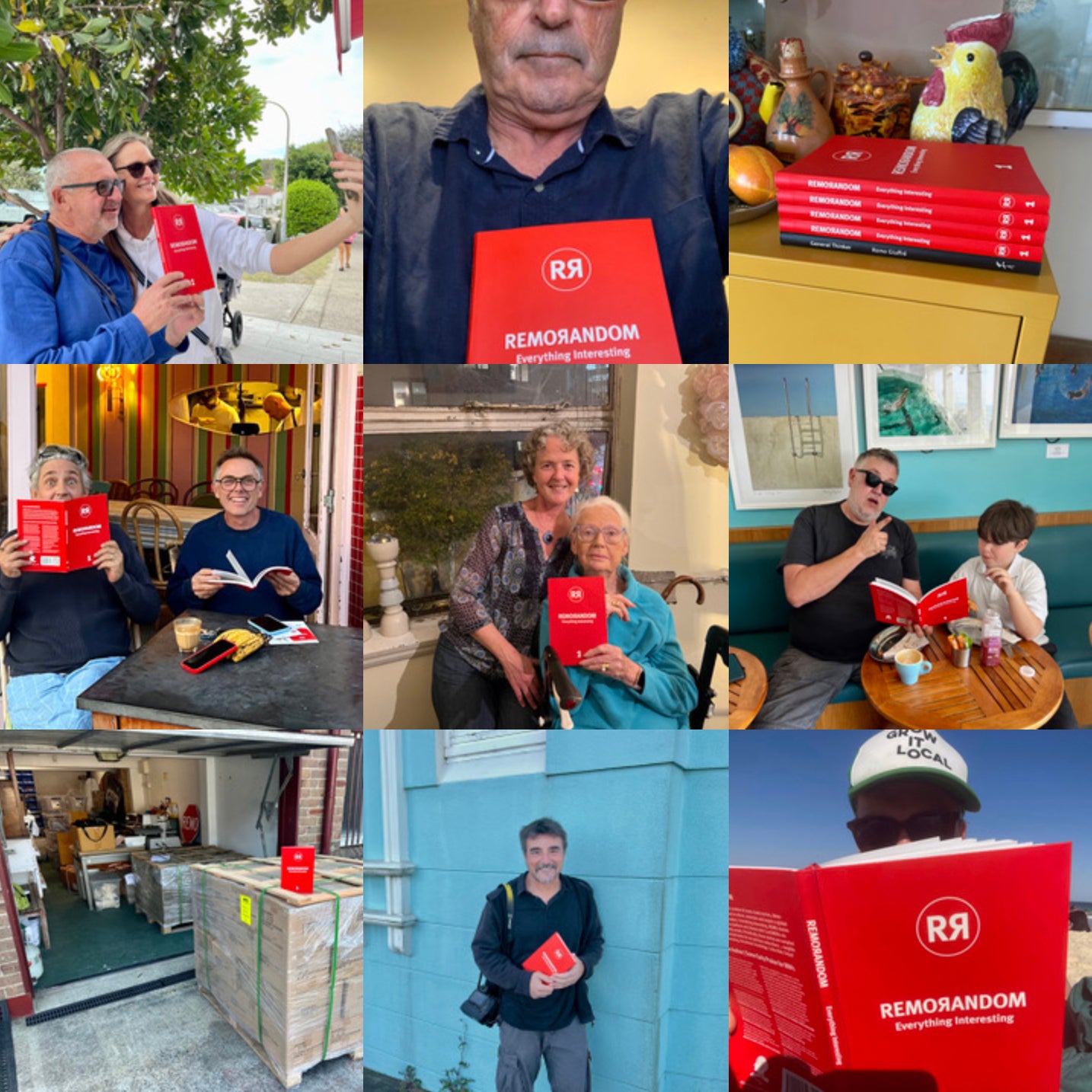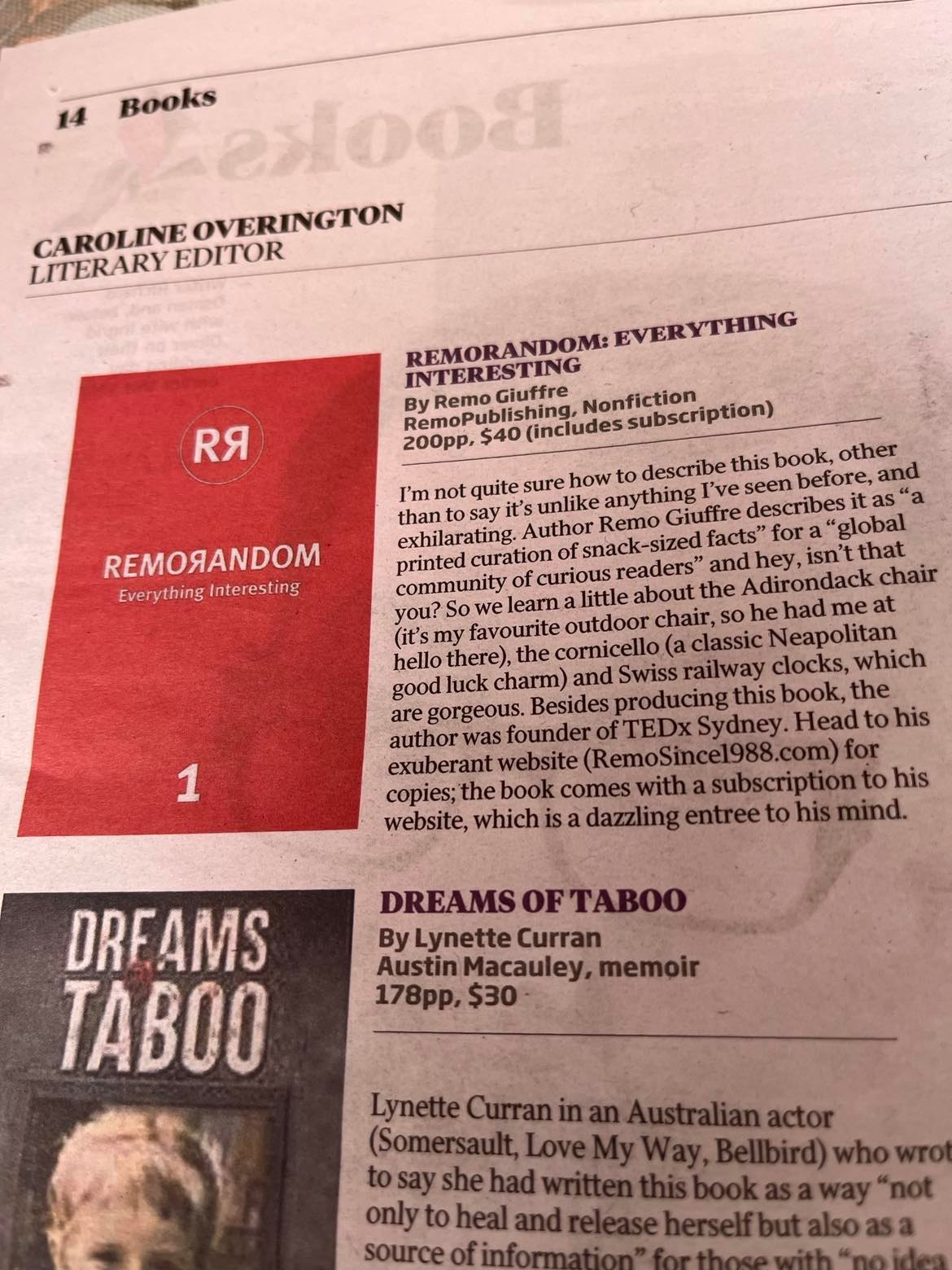The “Rumble in the Jungle” was a boxing match between Muhammad Ali and George Foreman that took place on 30 October 1974 in Kinshasa, Zaire (now the Democratic Republic of the Congo). It was more than just a fight – it was a cultural and political phenomenon that cemented Ali's legacy as one of the greatest athletes of all time.
Foreman was the undefeated heavyweight champion and a terrifying knockout artist. Most experts thought he would demolish Ali, who, although previously also world heavyweight champion, was very much the underdog for this fight. Ali used his now-famous "rope-a-dope" strategy – leaning on the ropes, letting Foreman punch himself out, and then knocking him out in the 8th round. The world was both stunned … and delighted.
The fight was held in Zaire under dictator Mobutu Sese Seko, who wanted to showcase Africa on the world stage. The event had Pan-Africanist overtones, and Ali was adored by the local crowd. Foreman was not popular. The Zairean crowd took to chanting "Ali bomaye!", meaning "Ali, kill him!" – giving Ali a significant psychological boost.
It represented a big comeback for Ali. He had been stripped of his title in the late 1960s for refusing the Vietnam War draft. This victory made him a two-time heavyweight champion and reinforced his status as a cultural icon.
Promoted by the flamboyant Don King, the fight had a huge build-up, including the Zaire 74 music festival in Kinshasa featuring James Brown, B.B. King and Miriam Makeba.
The fight was arguably the greatest sporting event of the 20th century. Some sources estimate that it was watched by as many as one billion television viewers around the world (about a quarter of the world's four billion population in 1974), becoming the world's most-watched live television broadcast at the time.
The event helped to demystify Africa for many Americans. It elevated the shared cultural bonds between African Americans and Africans. It put Zaire on the map, and united the country of more than 200 ethnic groups.
The fight has been celebrated in a number of notable films including When We Were Kings (1996), an Academy Award-winning documentary by Leon Gast that tells the full story of the fight, featuring interviews with Ali, Foreman and others, and What’s My Name: Muhammad Ali (2019) – a two-part HBO documentary by Antoine Fuqua, featuring Ali’s own voice narrating his life.
After the win, Ali would would repeat his longtime claim: “I am the greatest!” – and now there were few who could argue otherwise. The Rumble in the Jungle gave the world undeniable proof that he really was the GOAT.
The Rumble in the Jungle remains one of the greatest sporting events of all time – combining boxing, politics, culture and history into a single unforgettable moment.
_____________________________
References
wikipedia.org/wiki/The_Rumble_in_the_Jungle
nytimes.com/2025/03/23/world/africa/george-foreman-muhammad-ali-rumble-jungle
Images
1. Rumble in the Jungle. Photo credit: Associated Press
2. Poster for Rumble in the Jungle
3. Mobutu Sese Seko agreed to hold the event in his country.
4. Foreman, Mobutu and Ali with a crowd in Zaire
5. Weigh in. Fight promoter Don King rear left.
6. Rope-a-Dope
7. The knockout
8. Daily Mail front page, 30 October 1974
9. Miriam Makeba performing at Zaire 74. Photo credit: Stewart Levine
10. Video: "When We Were Kings - Official Trailer", 1996
11. George Foreman went on to promote grills on TV

